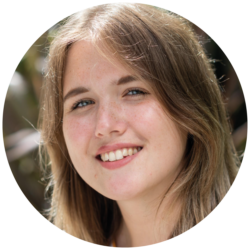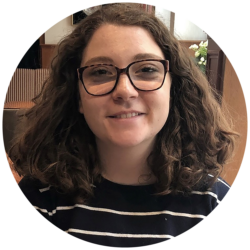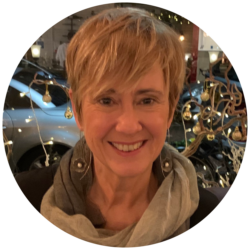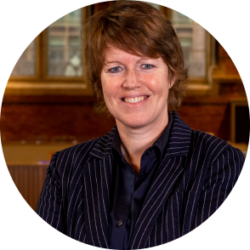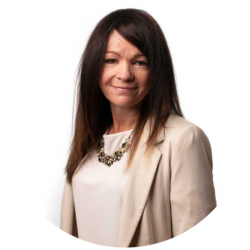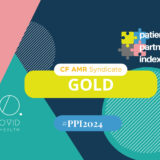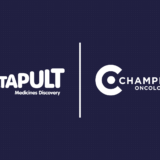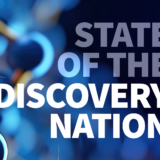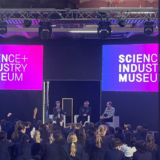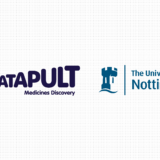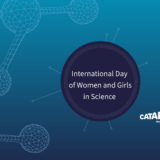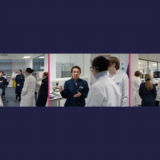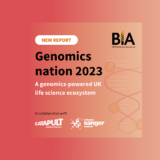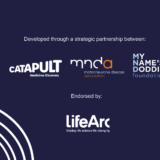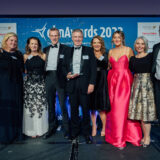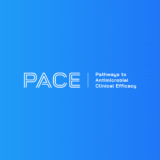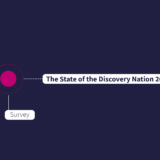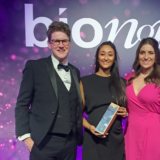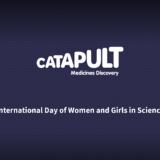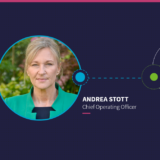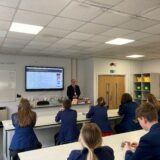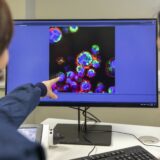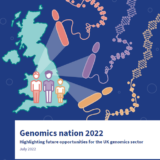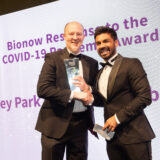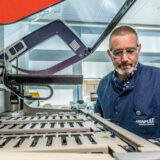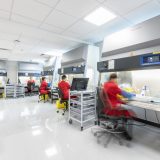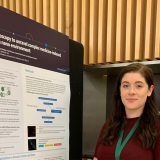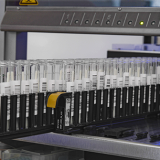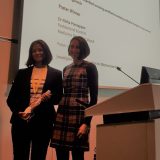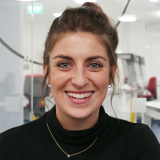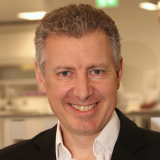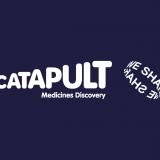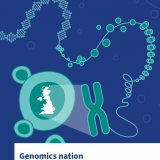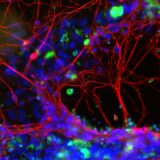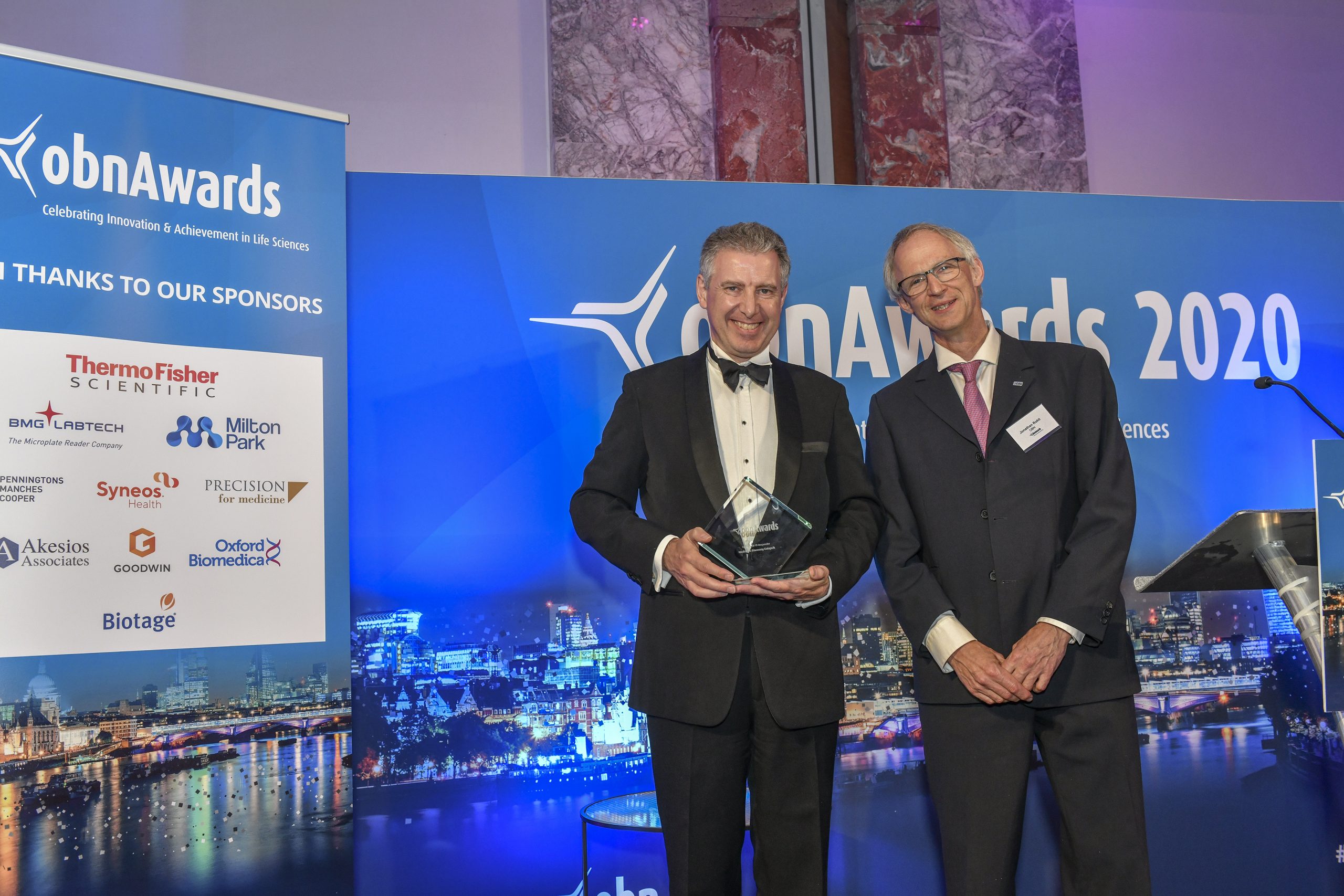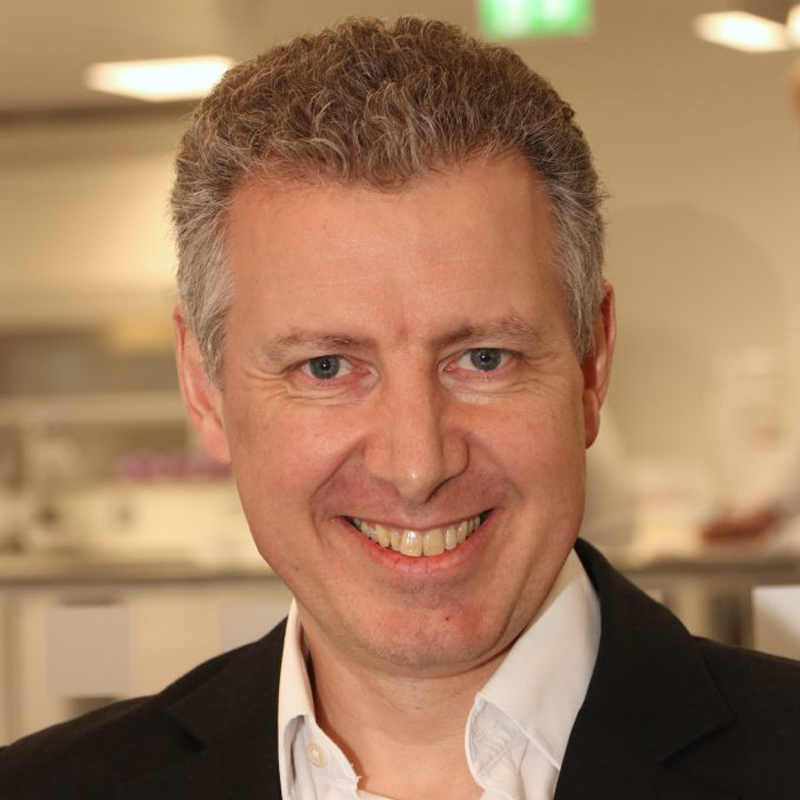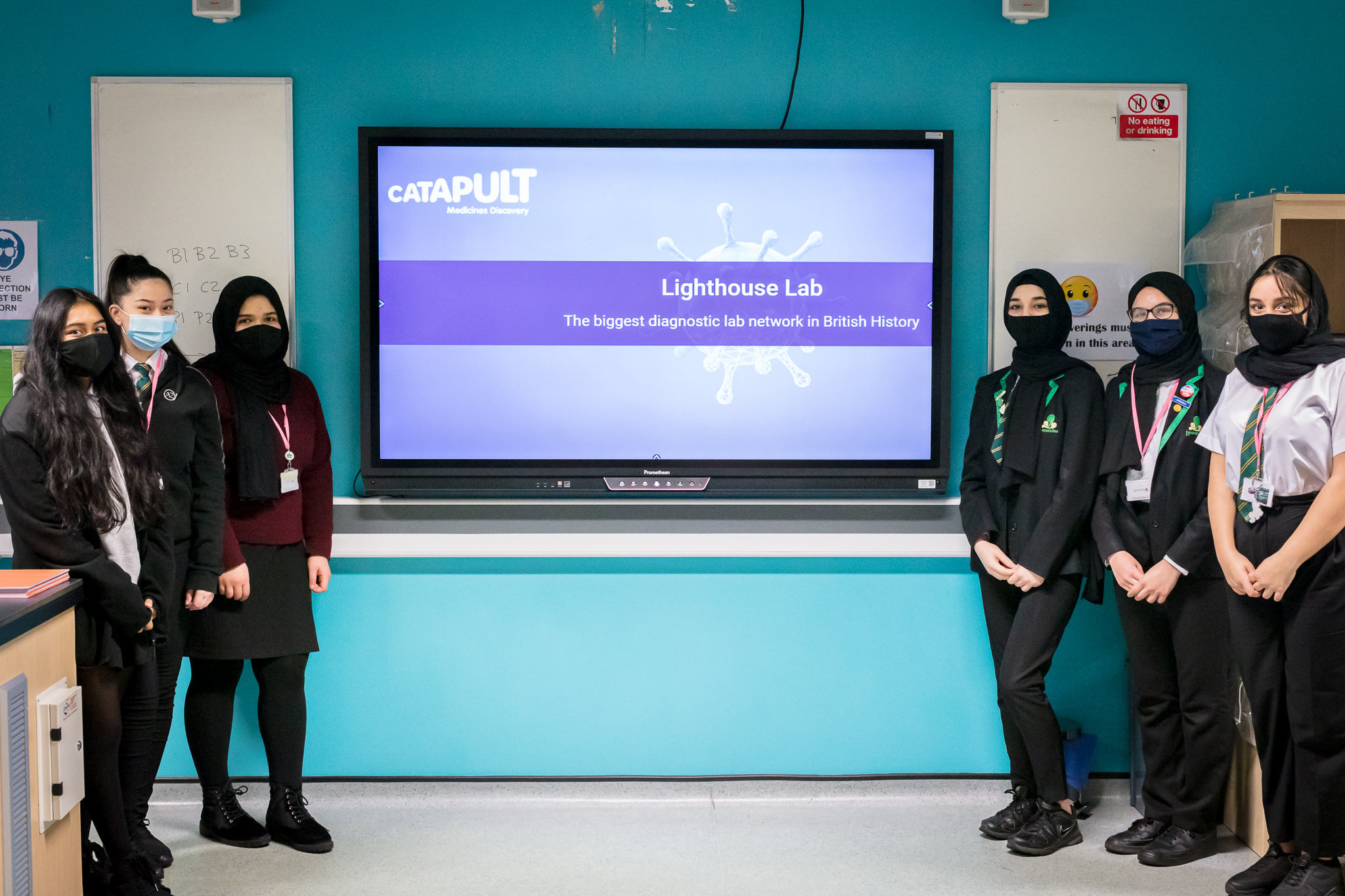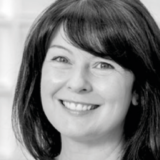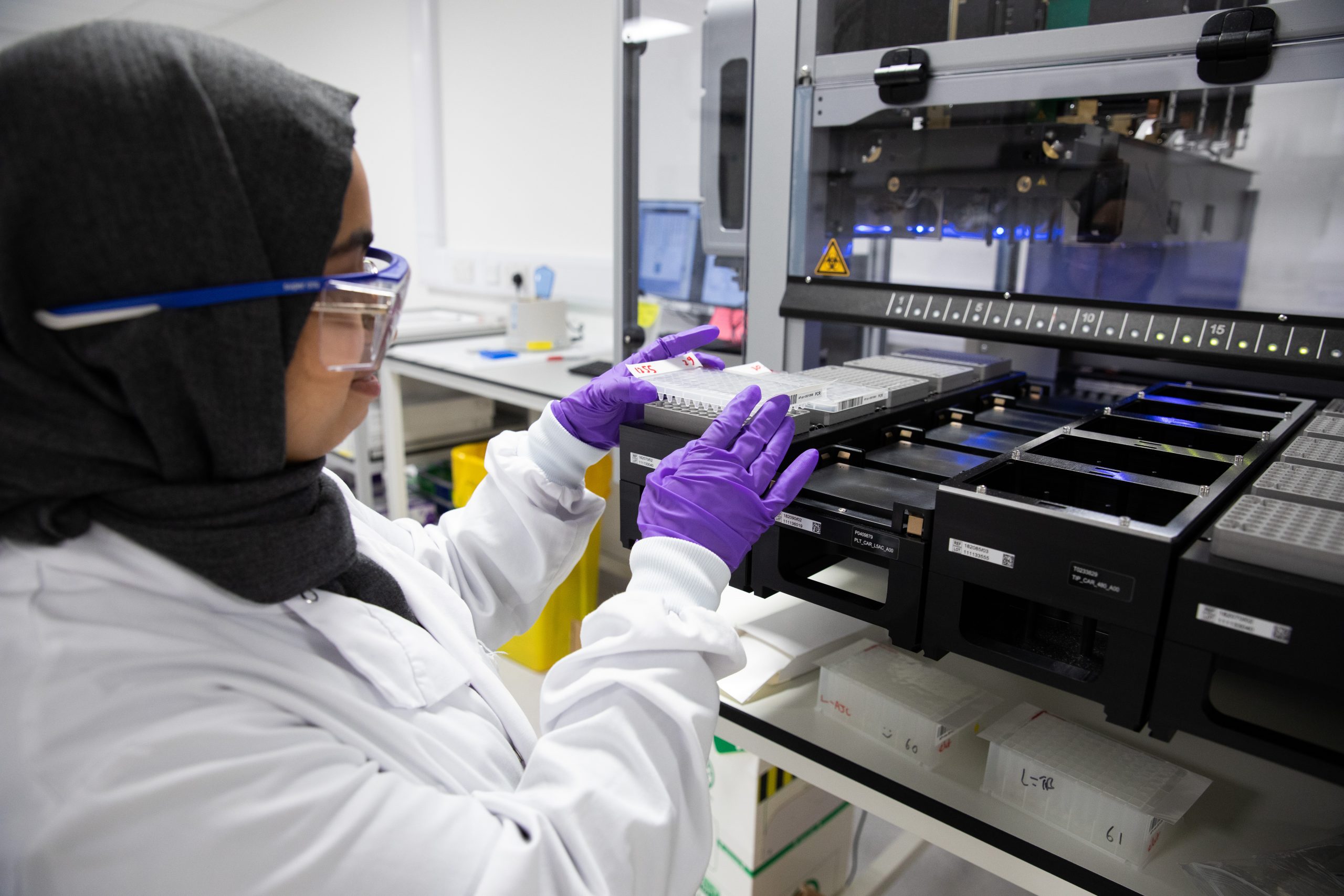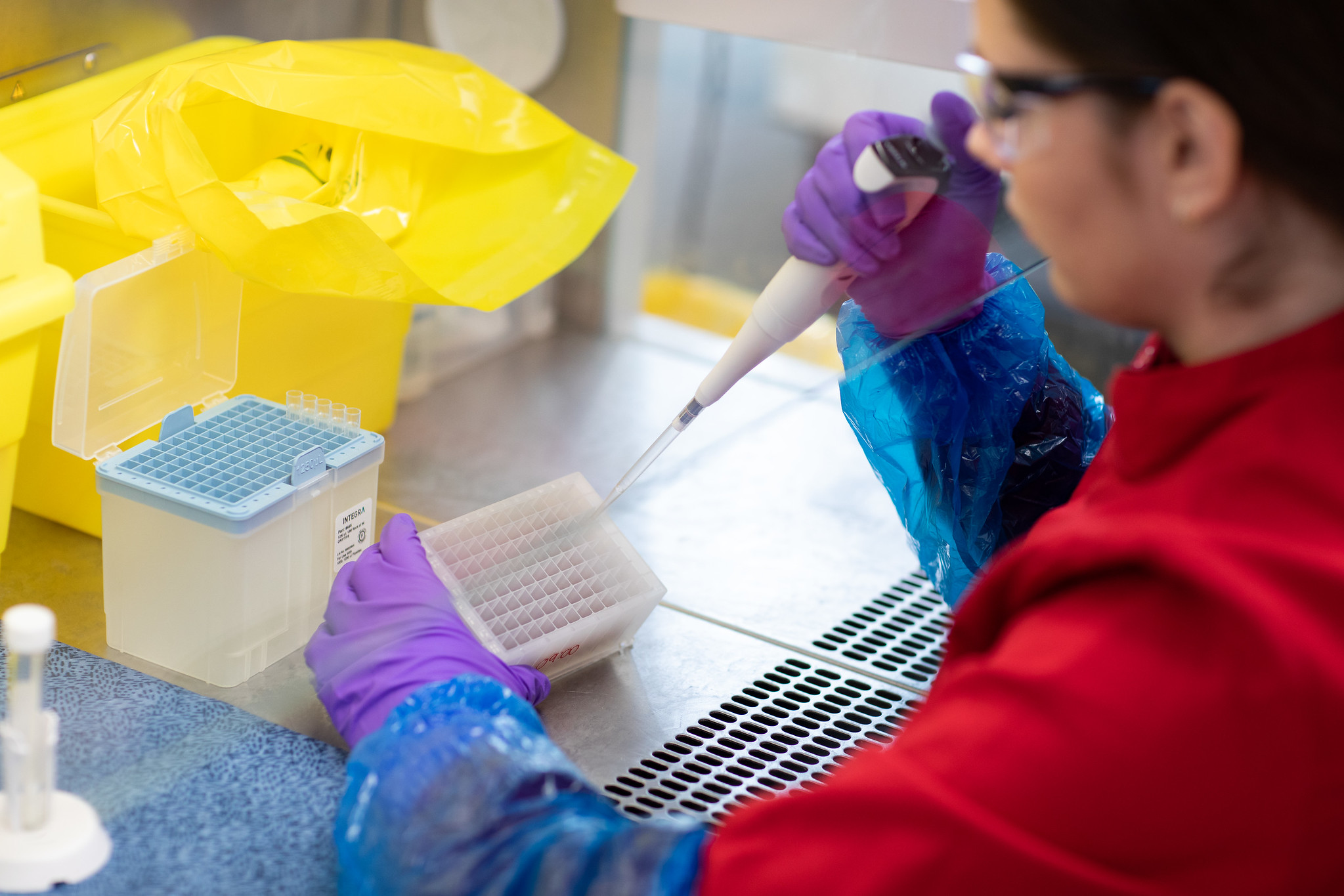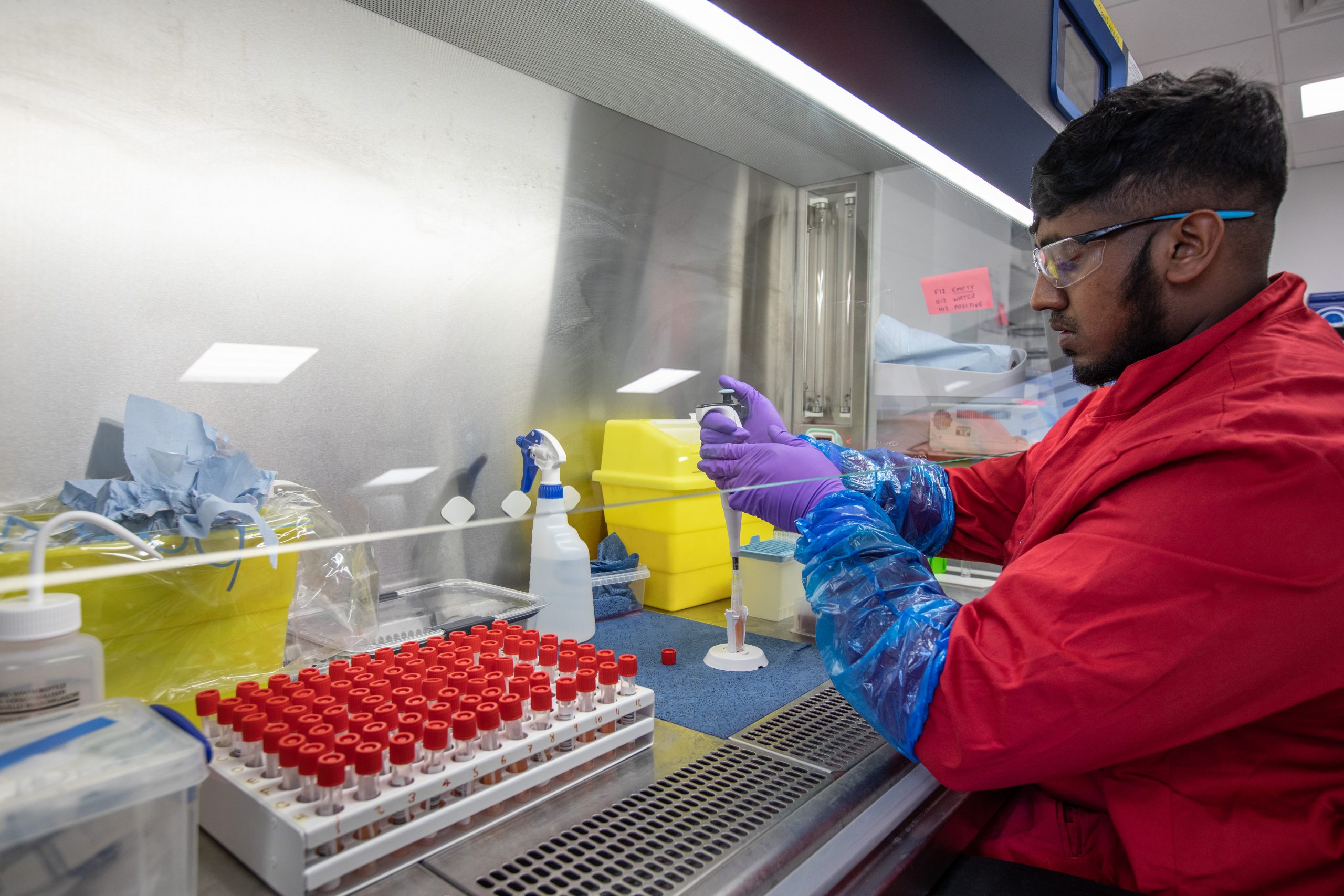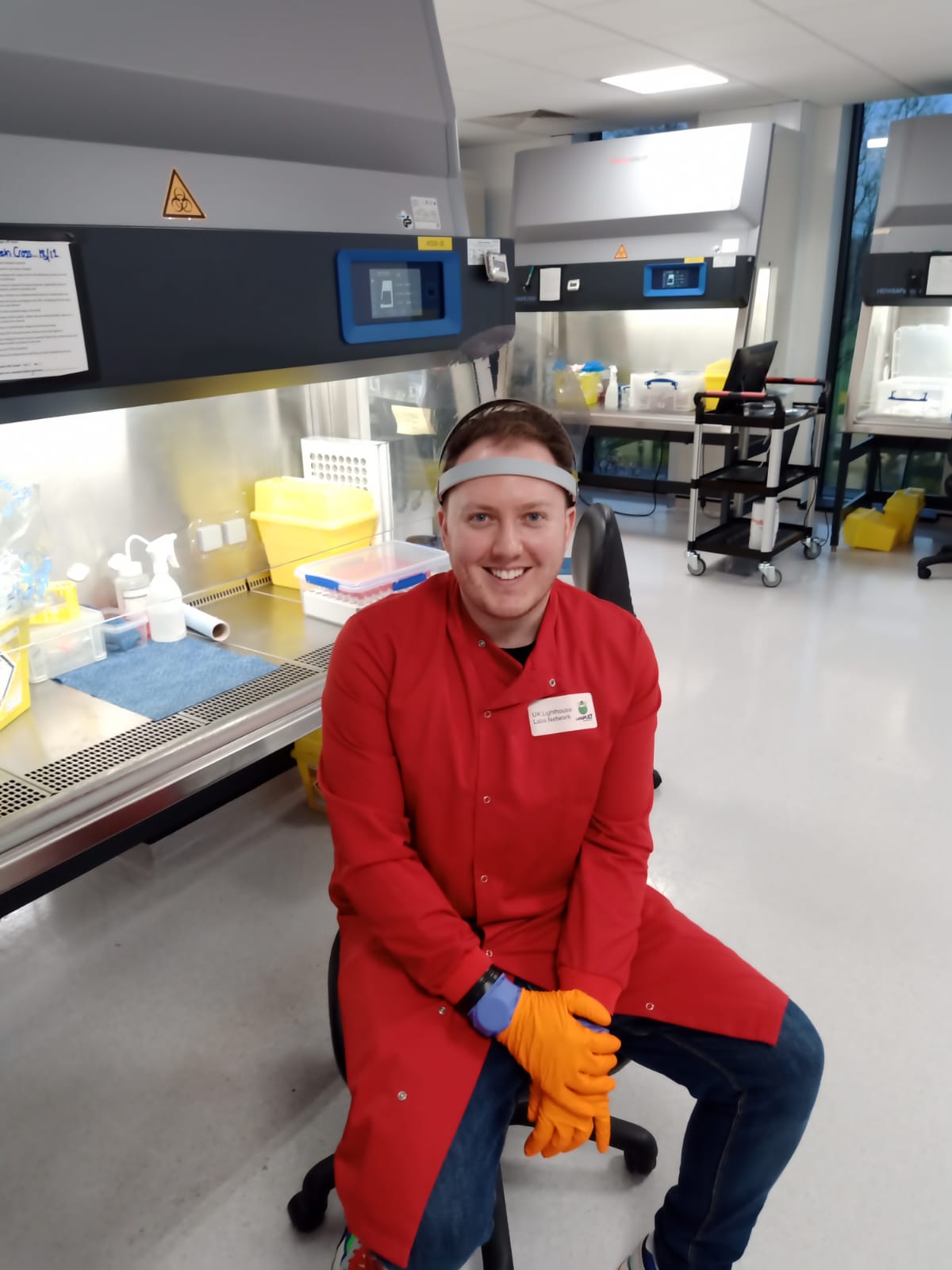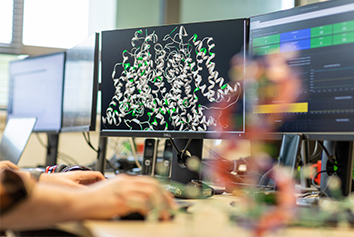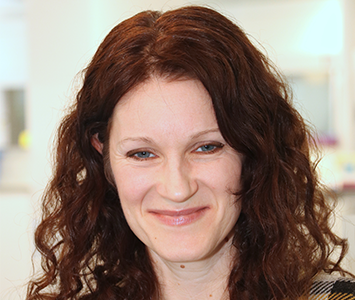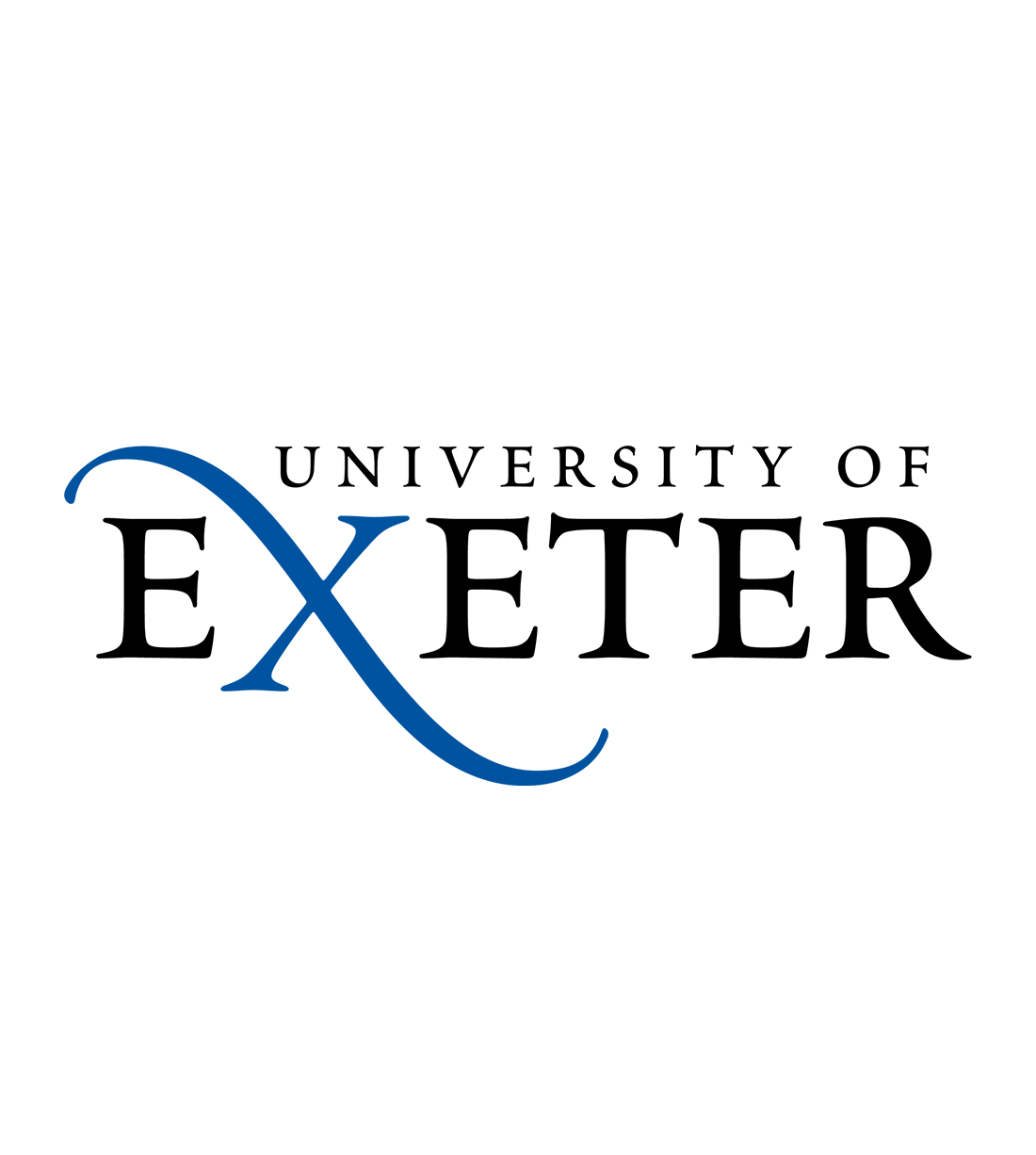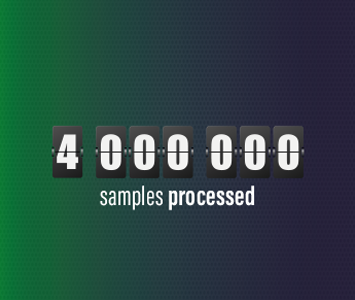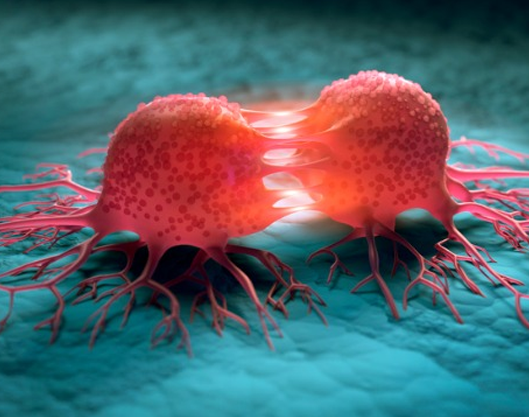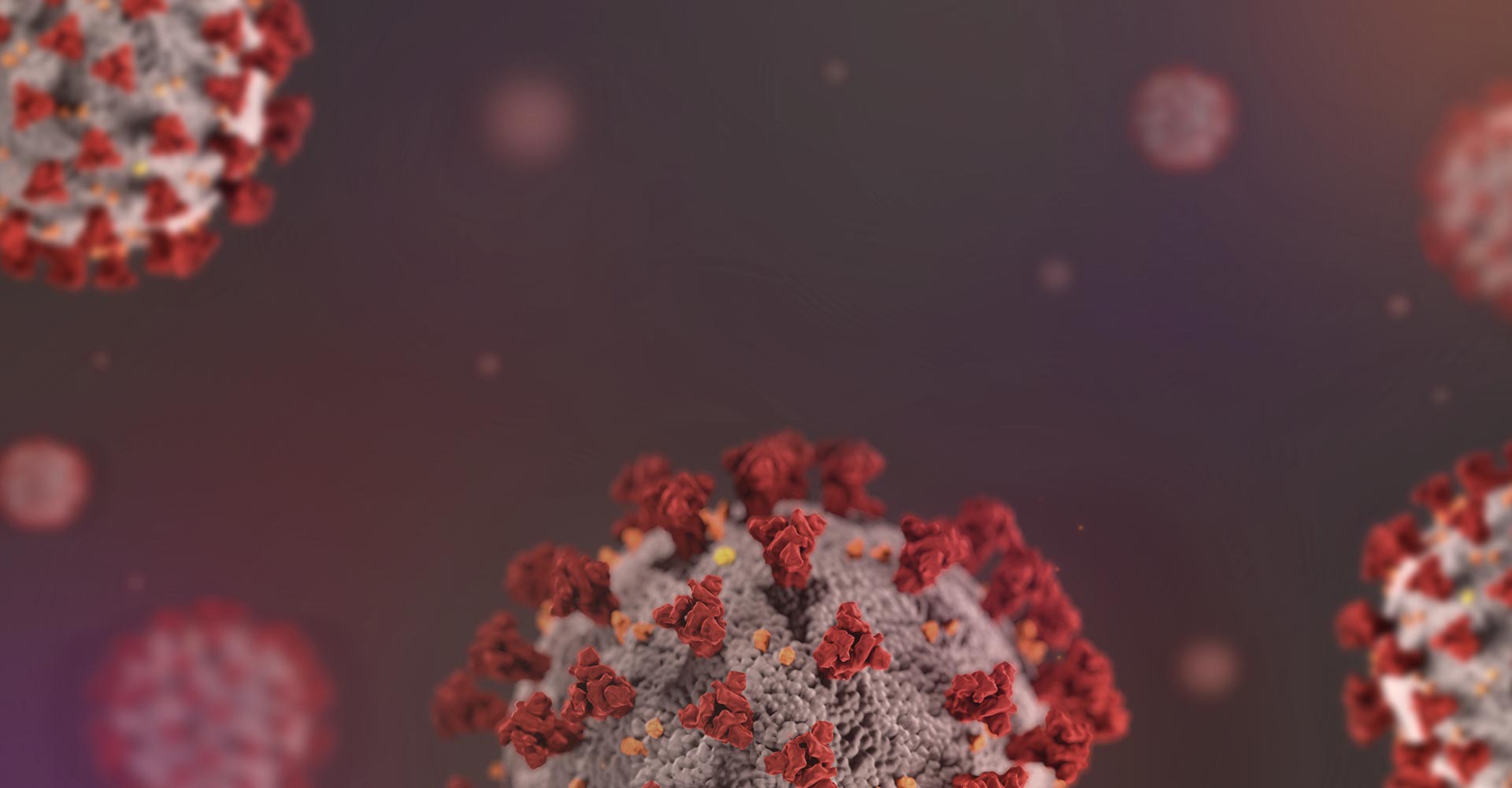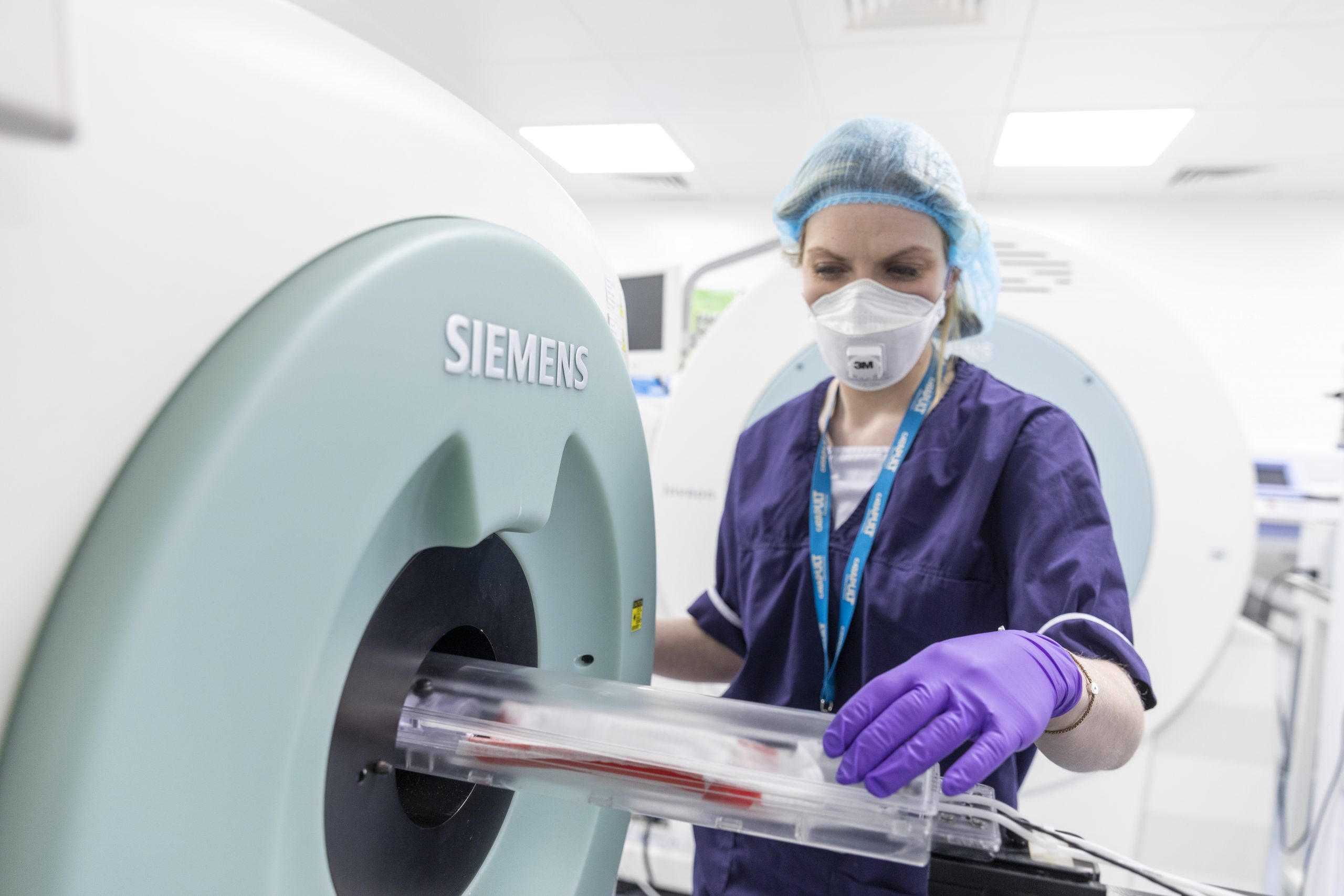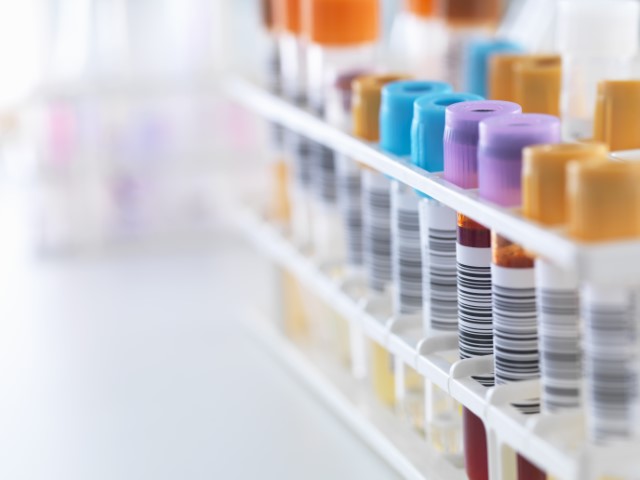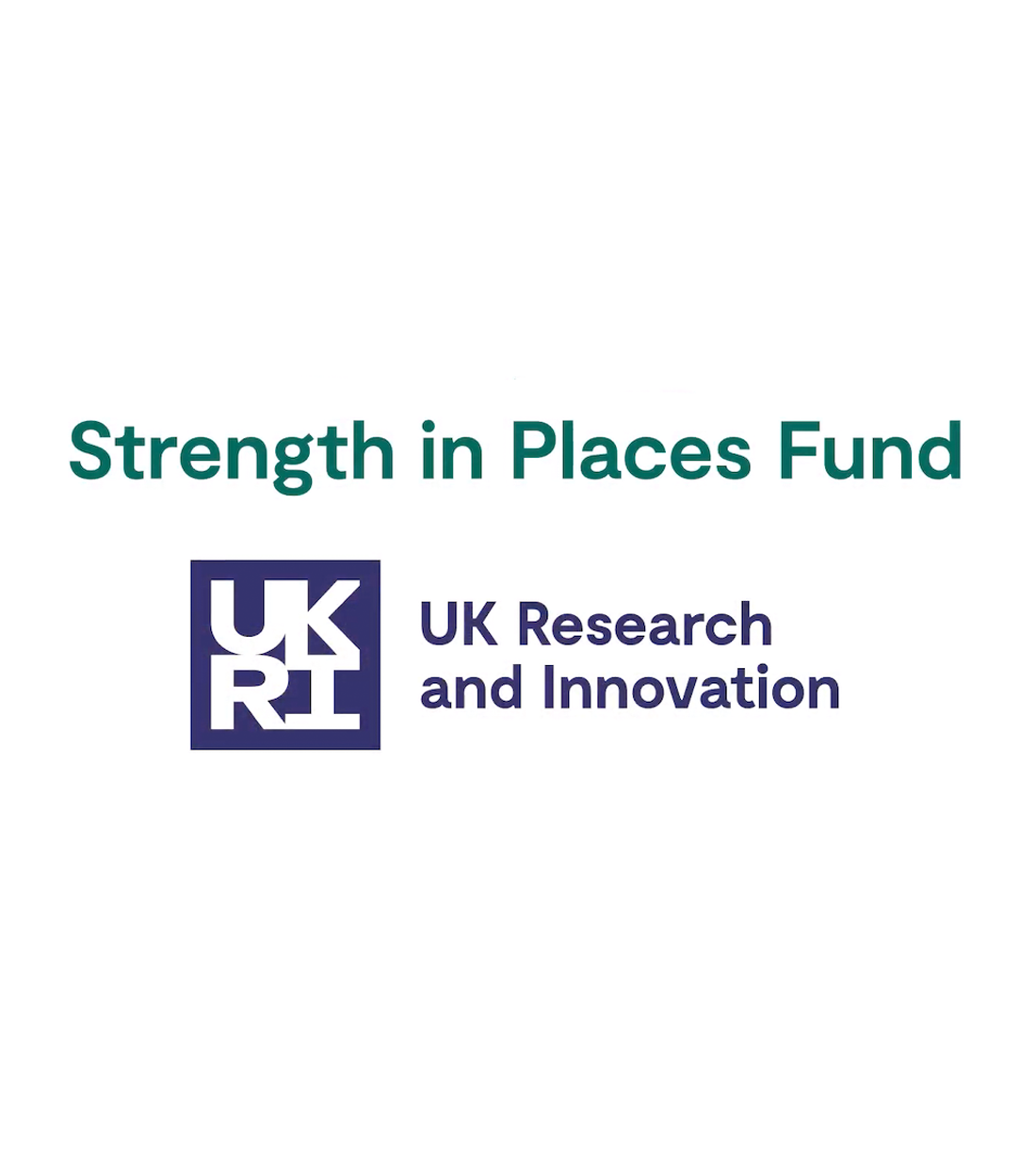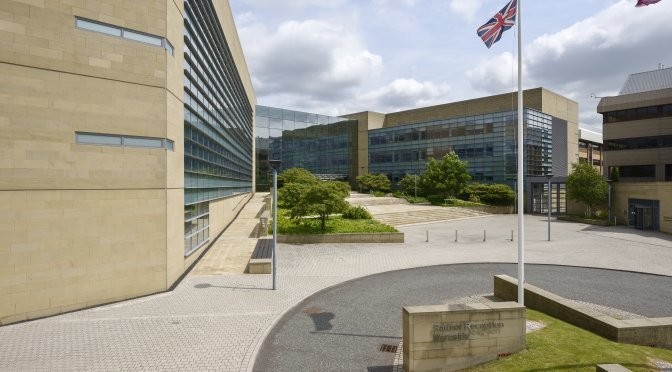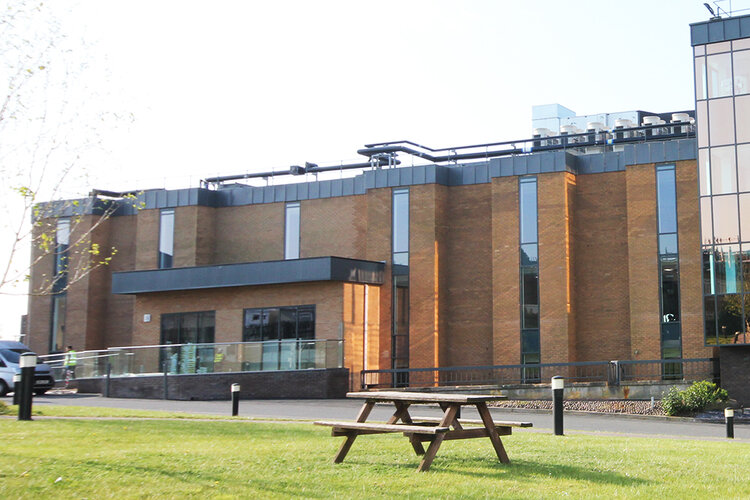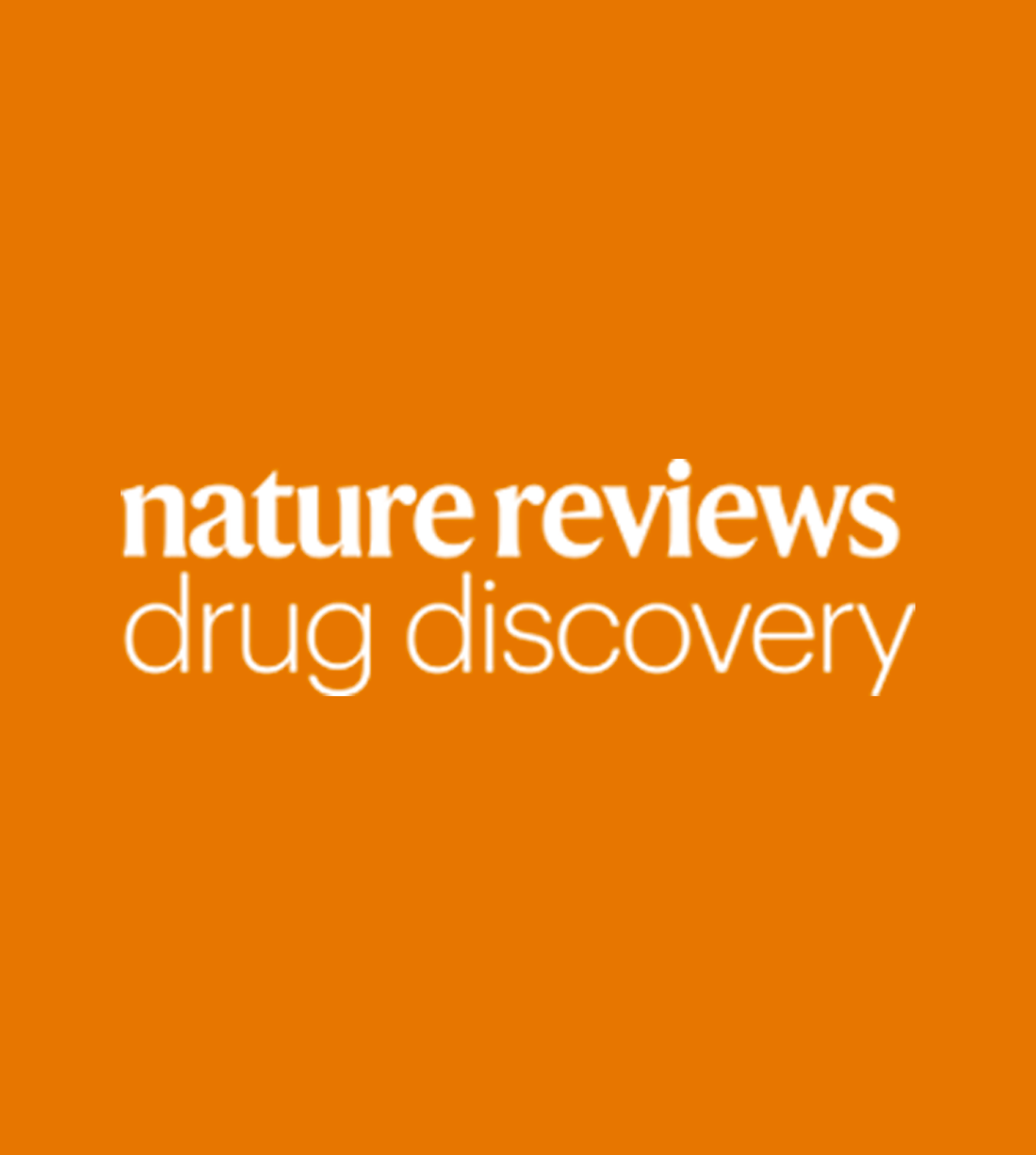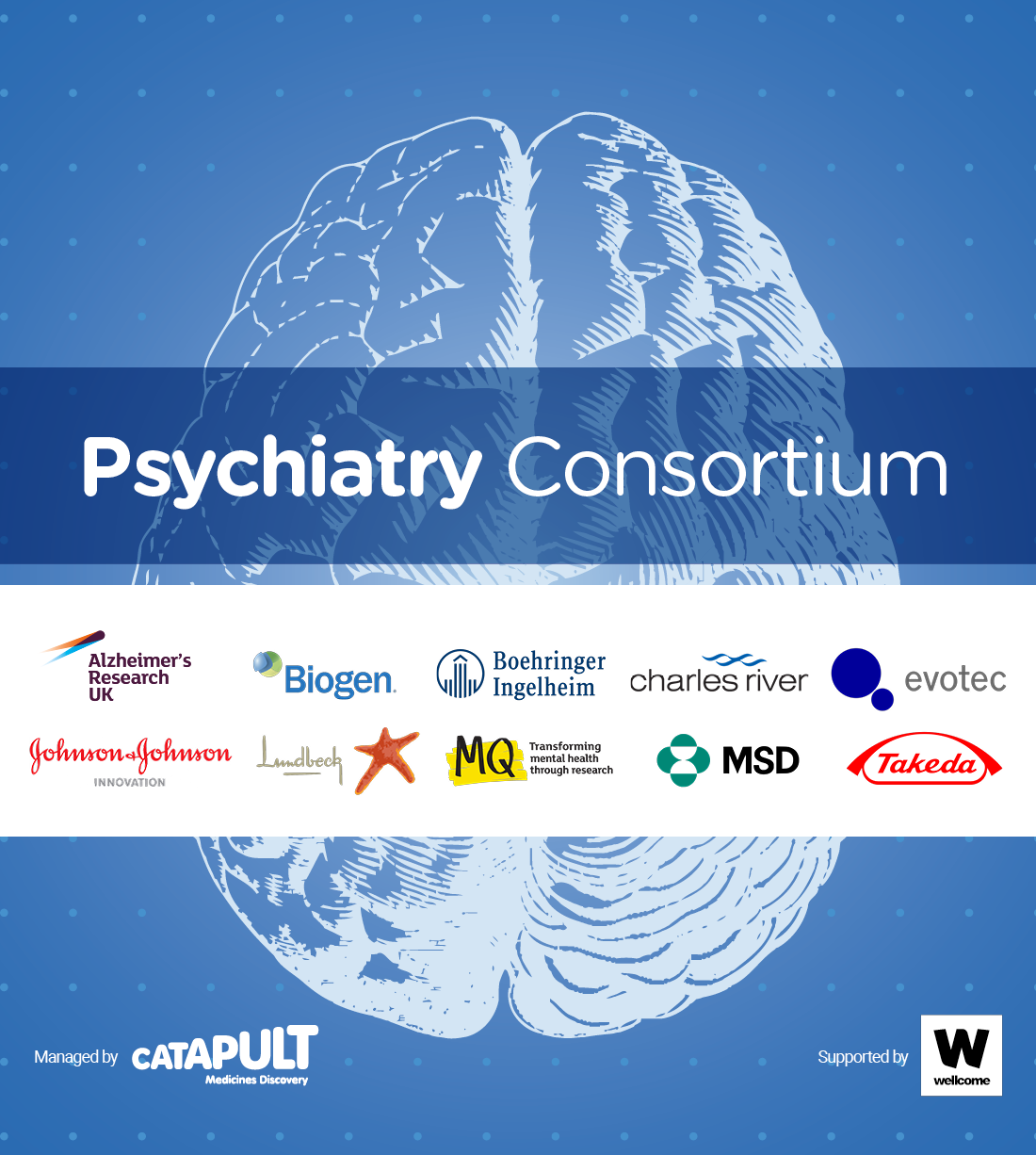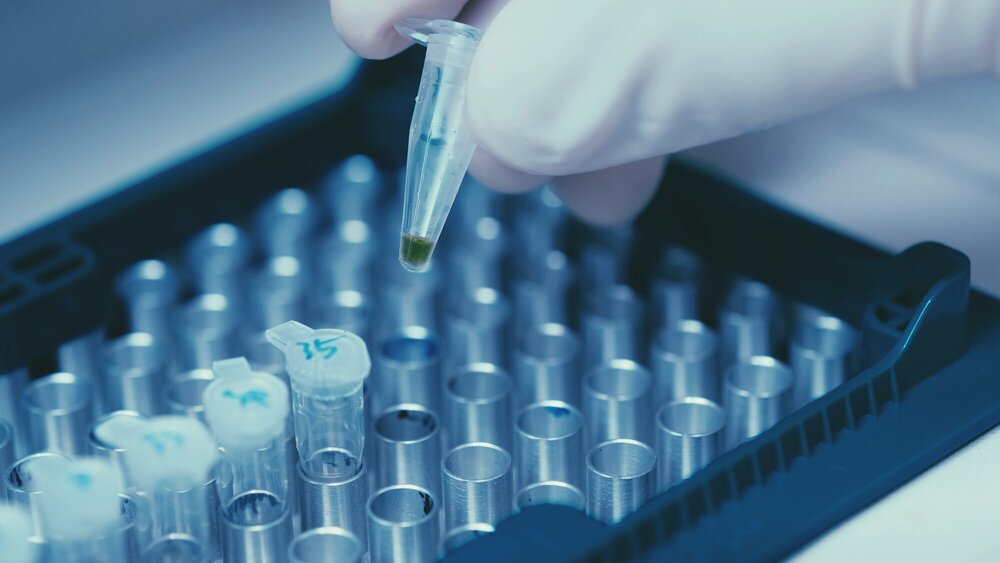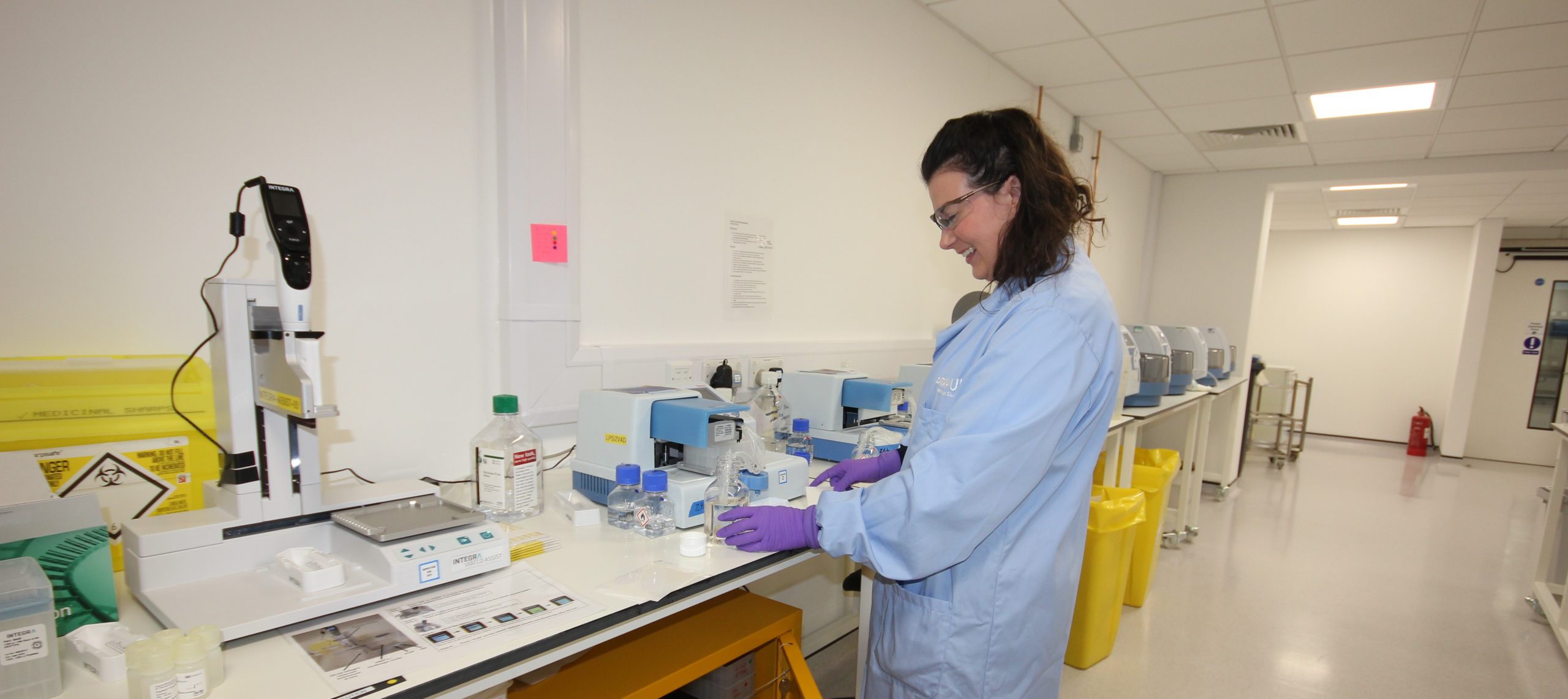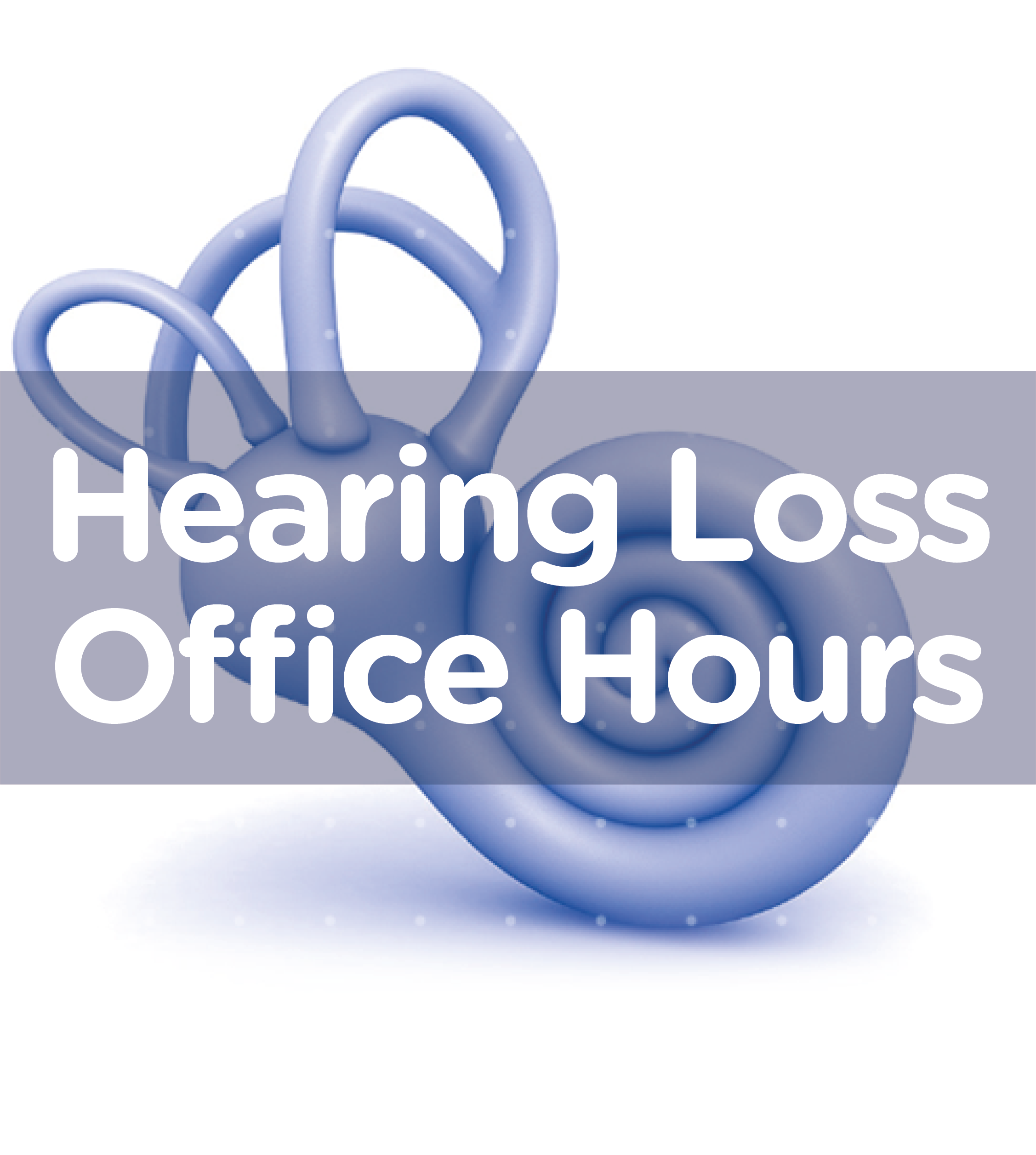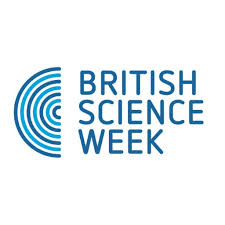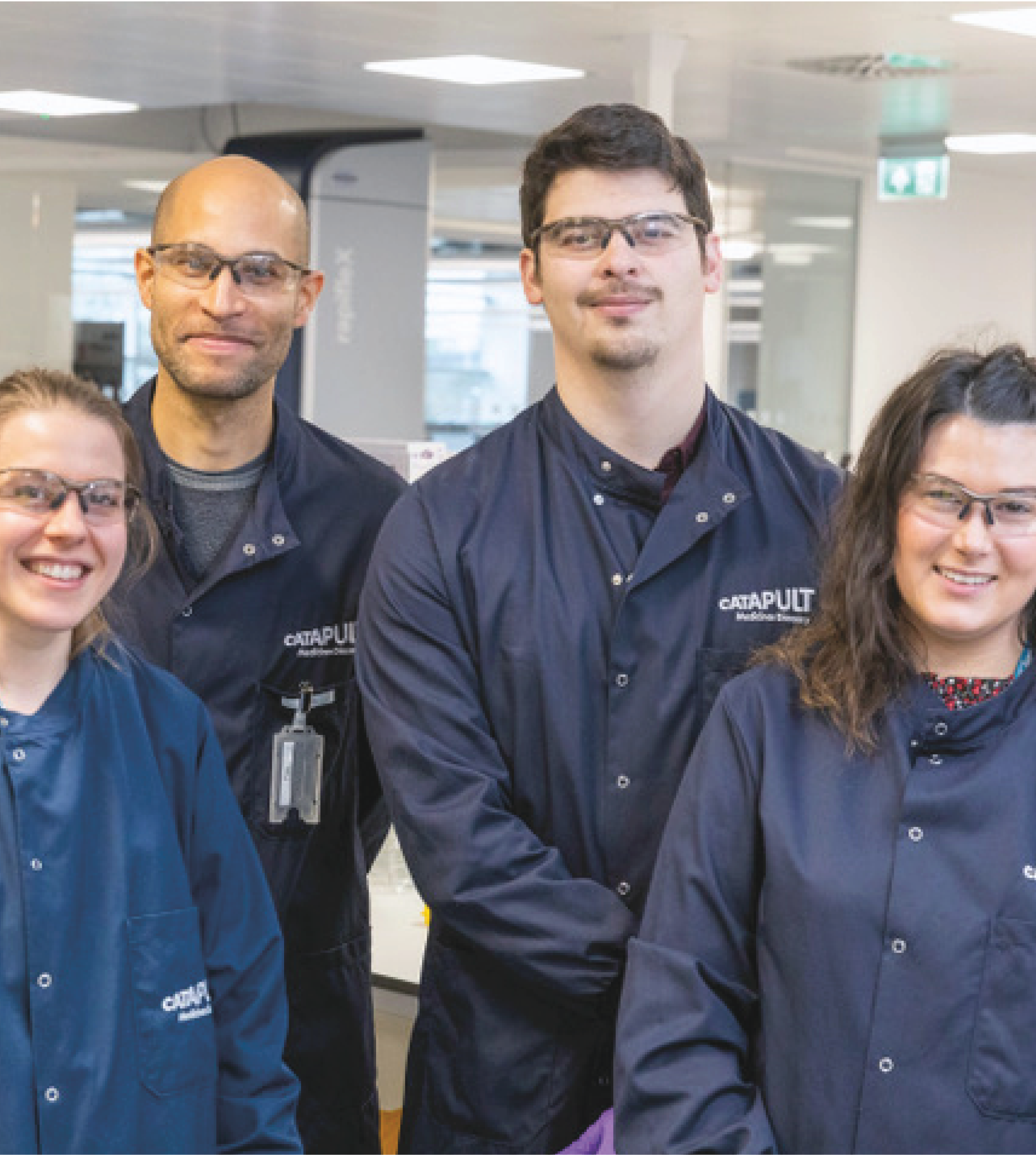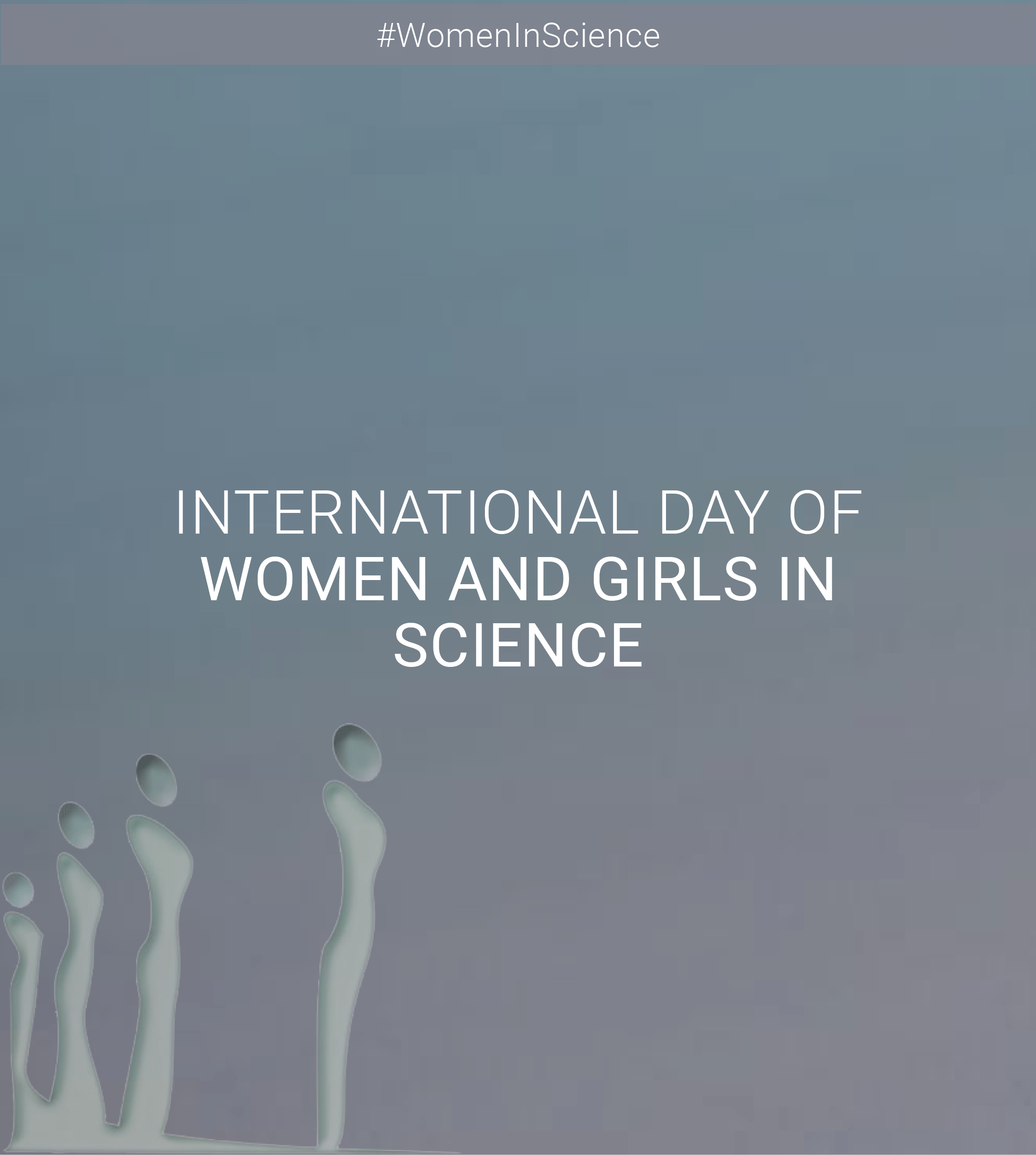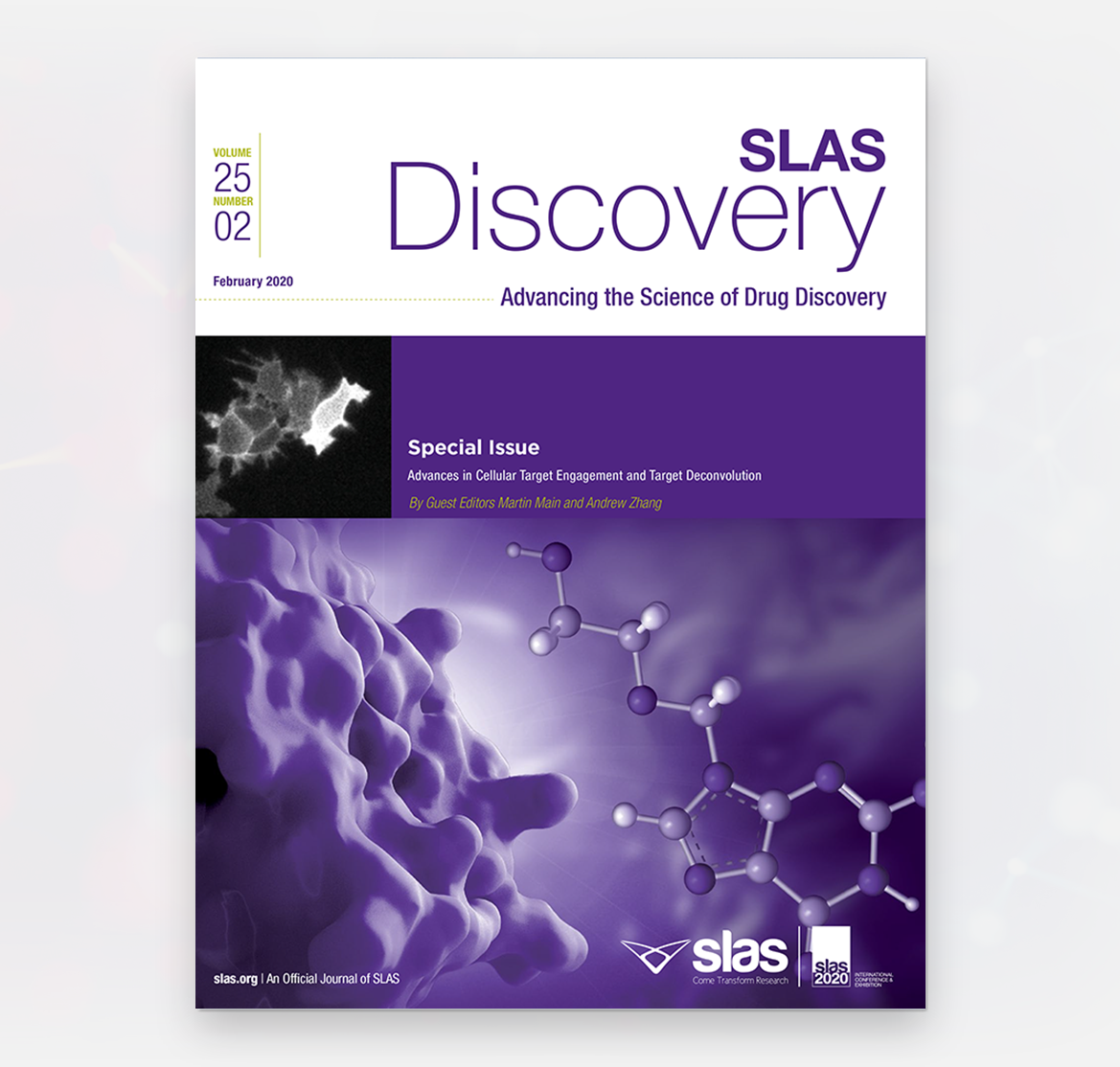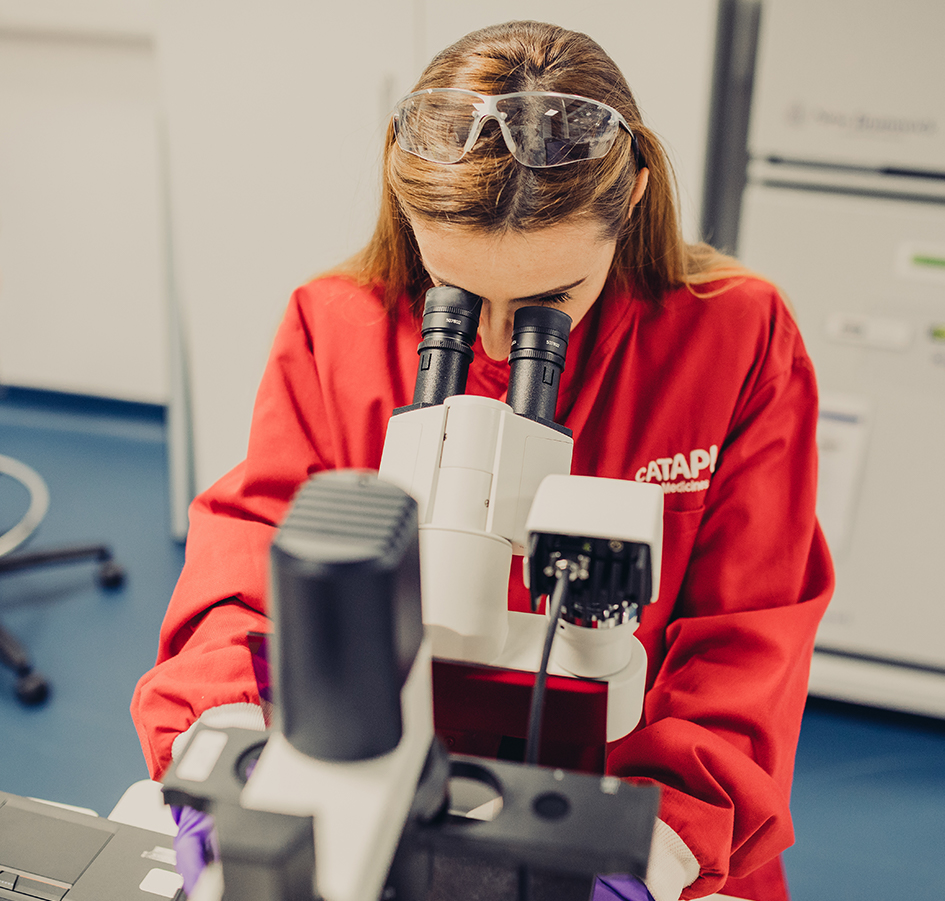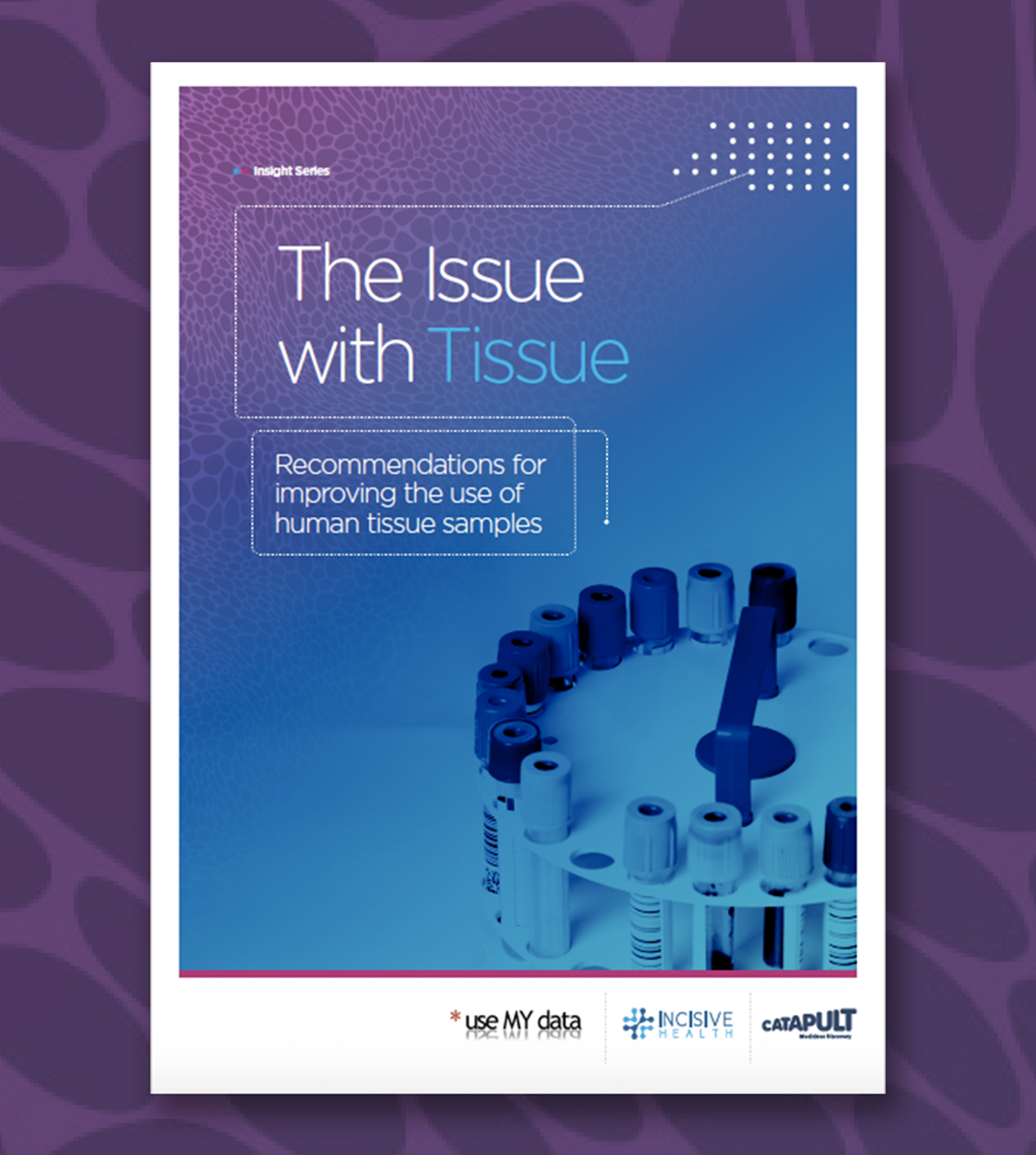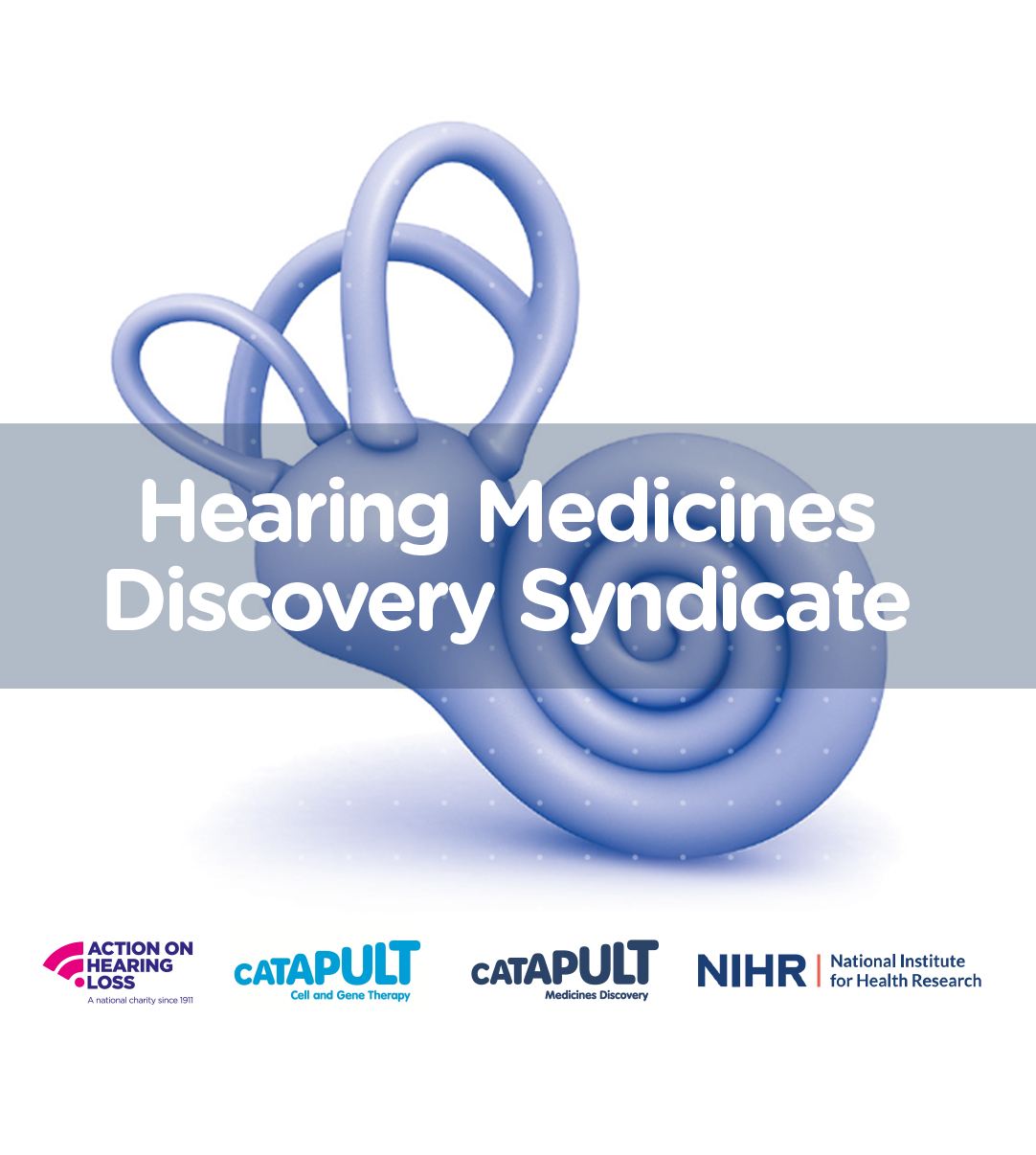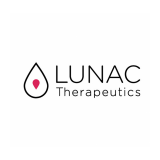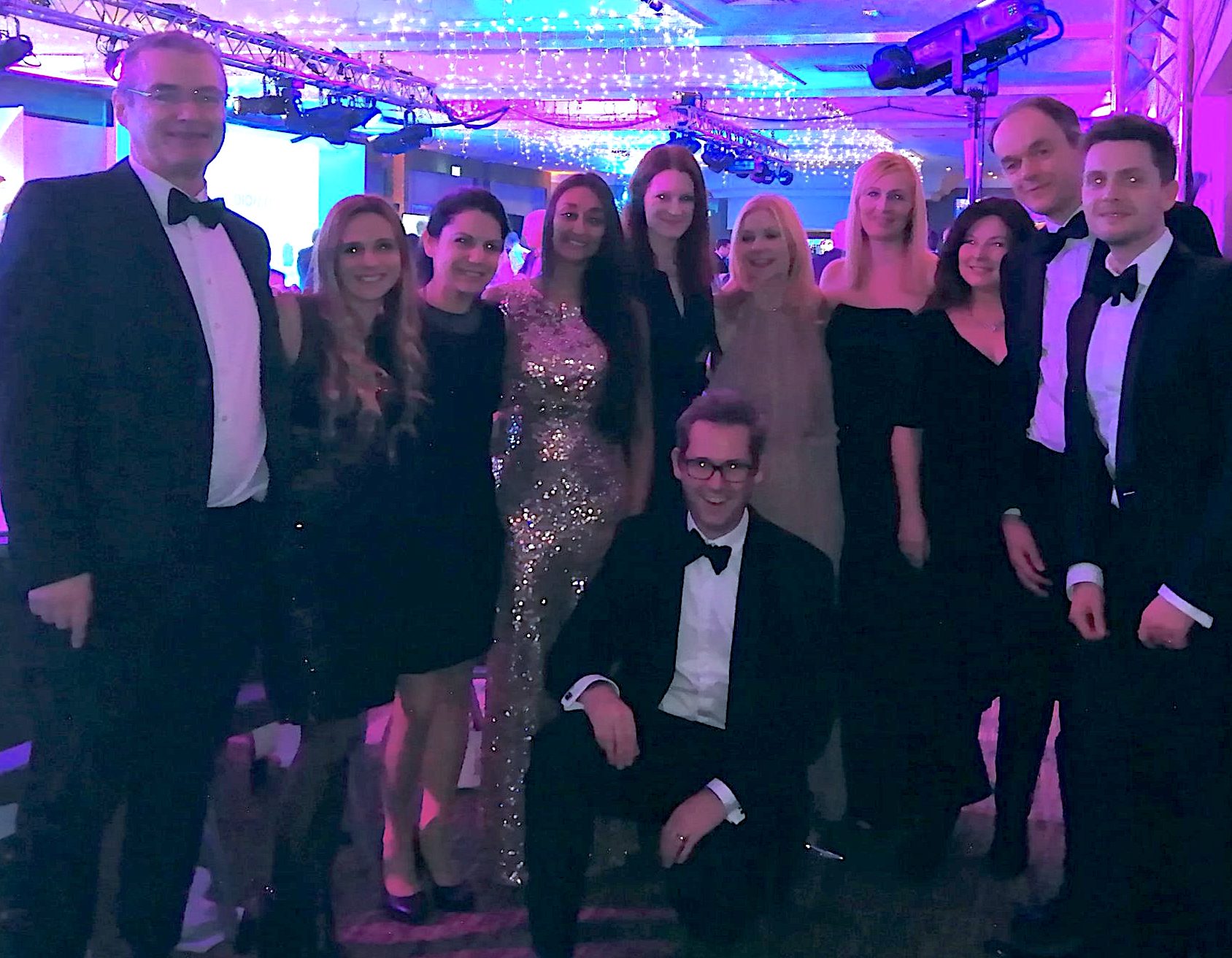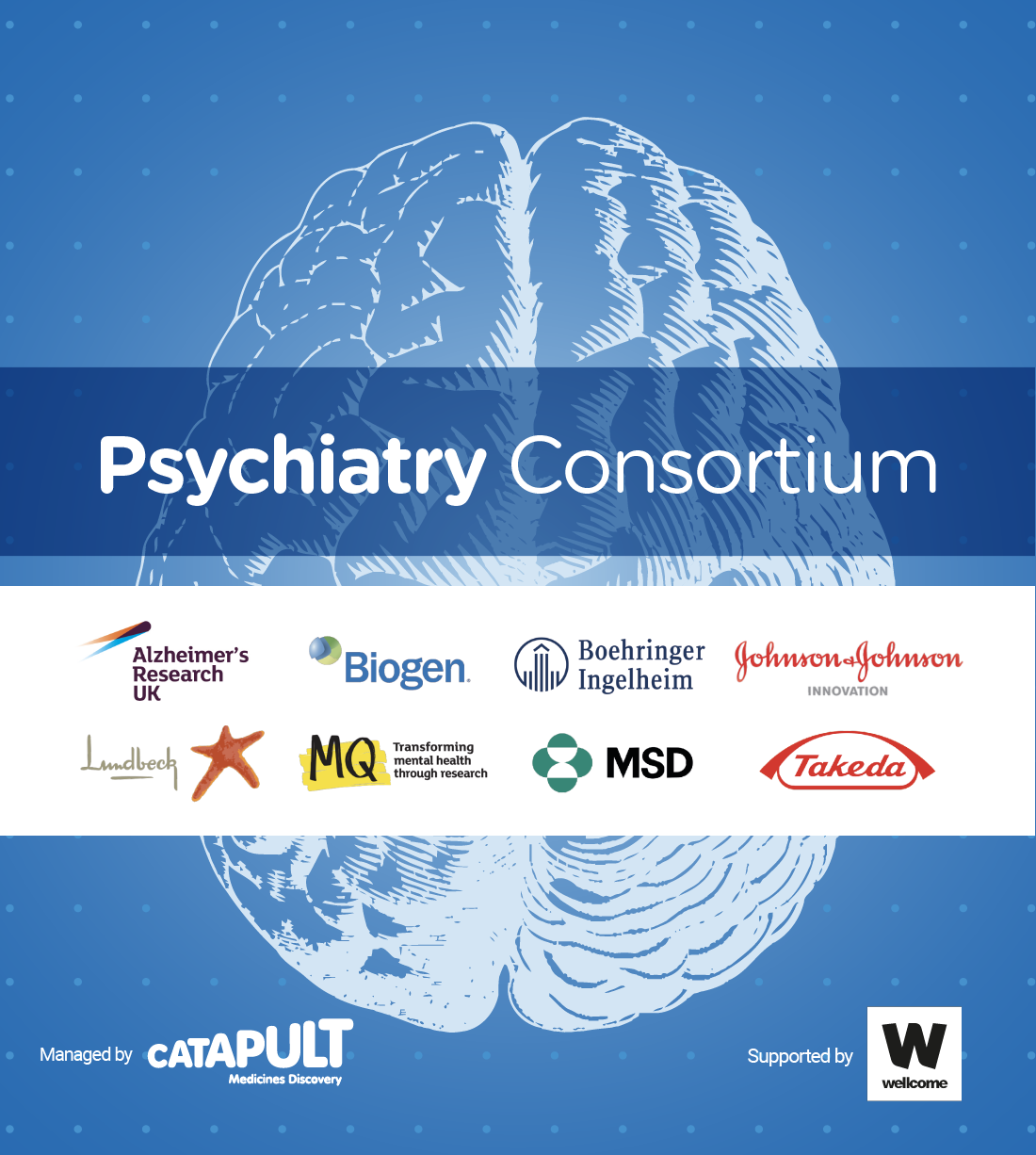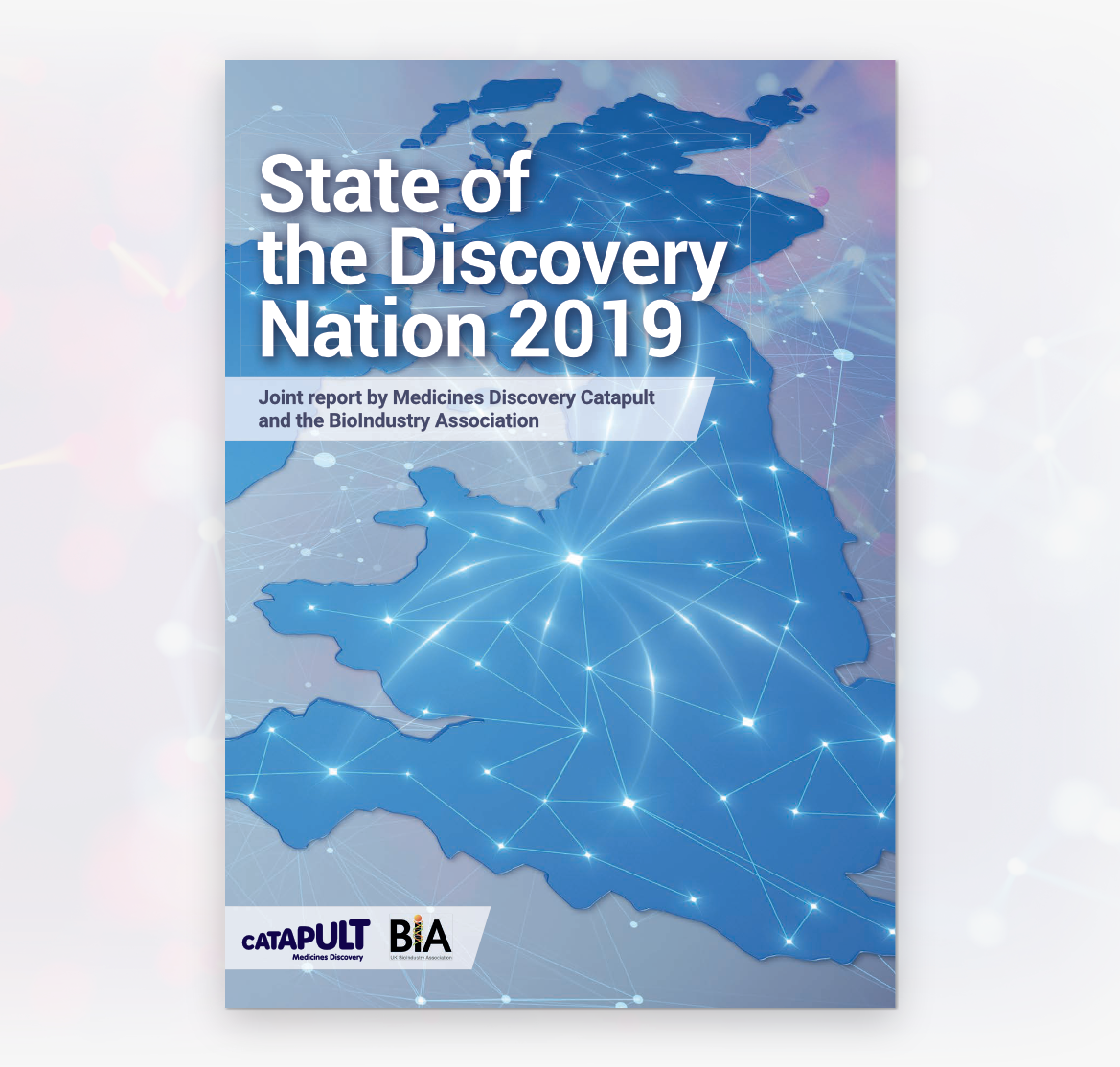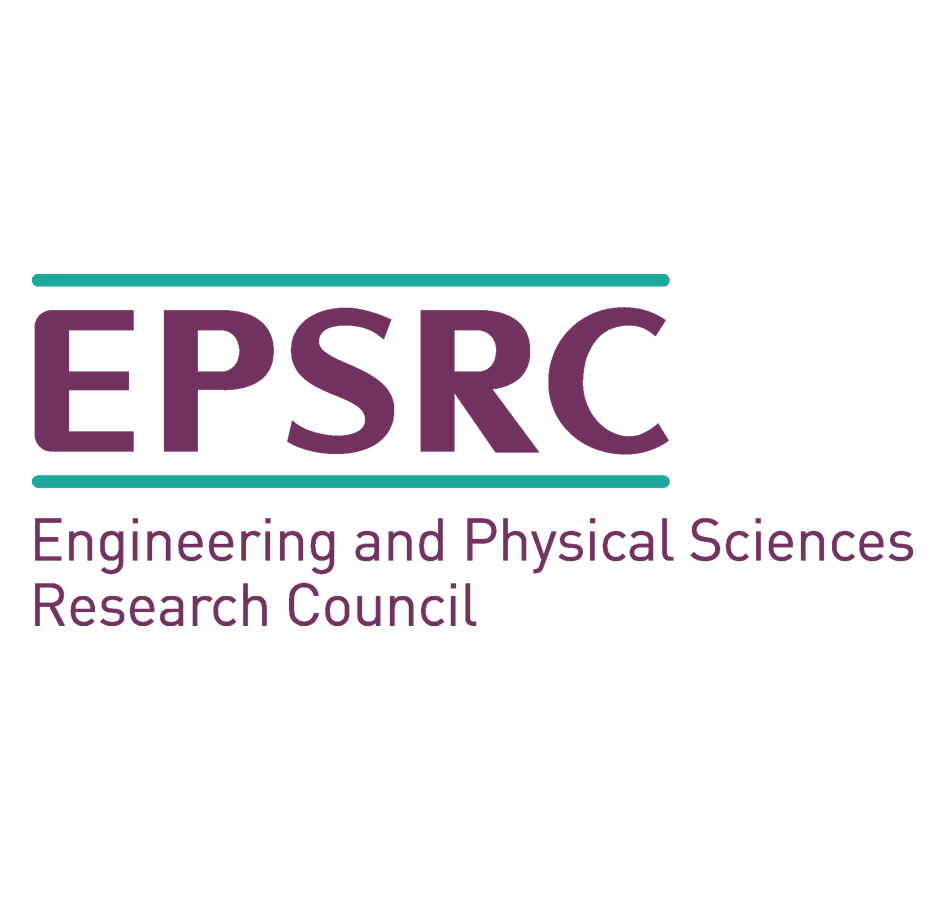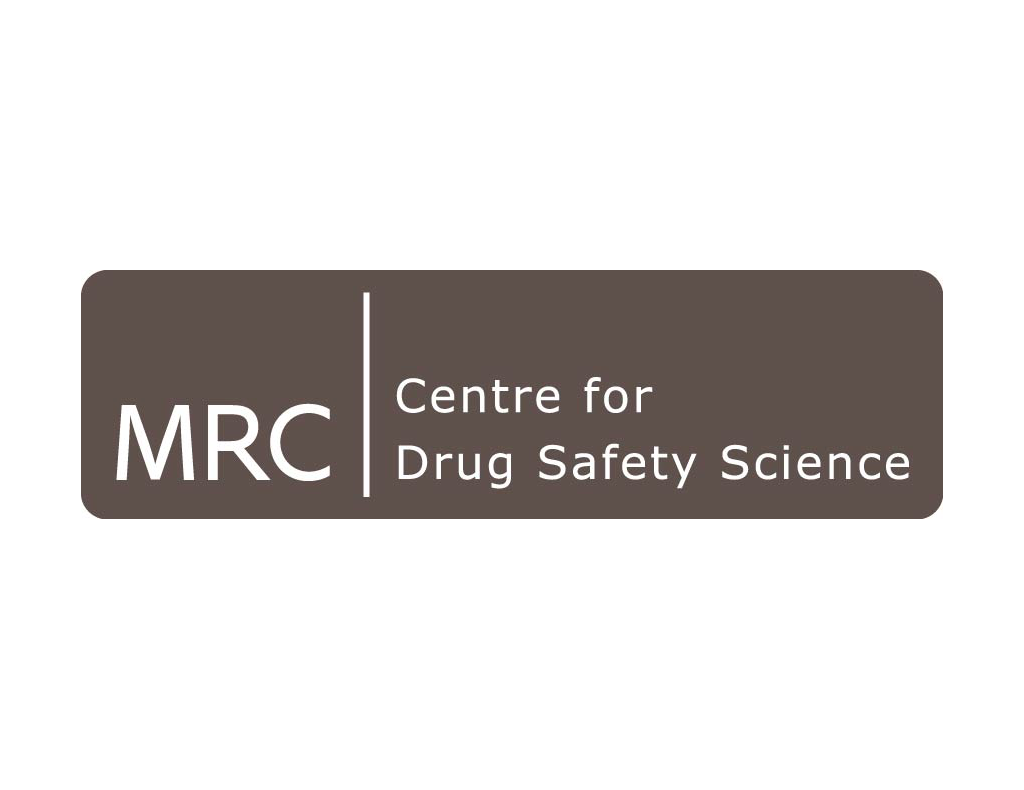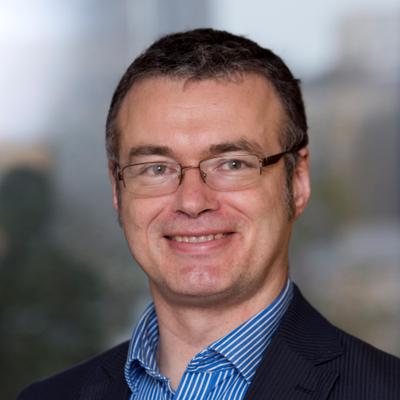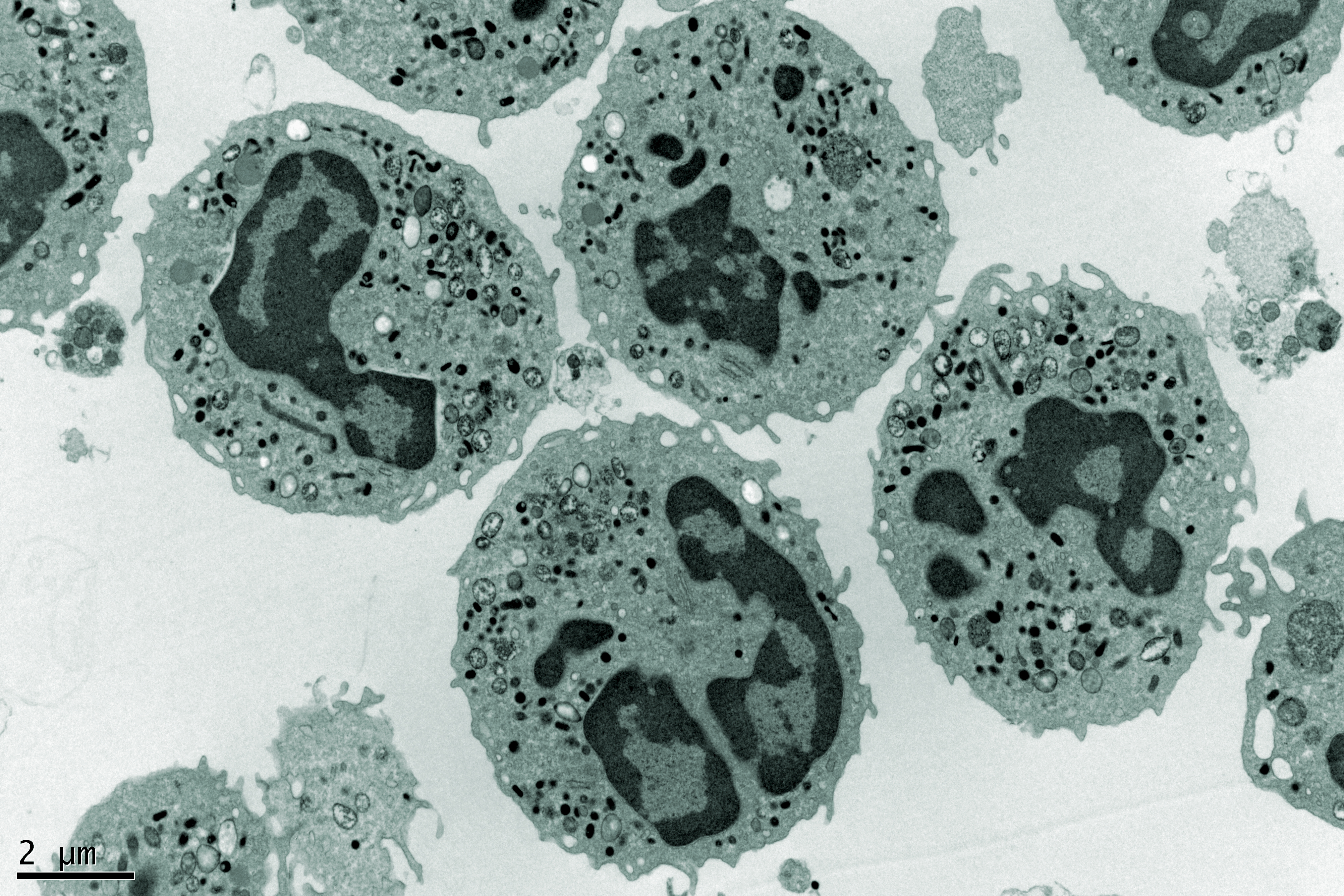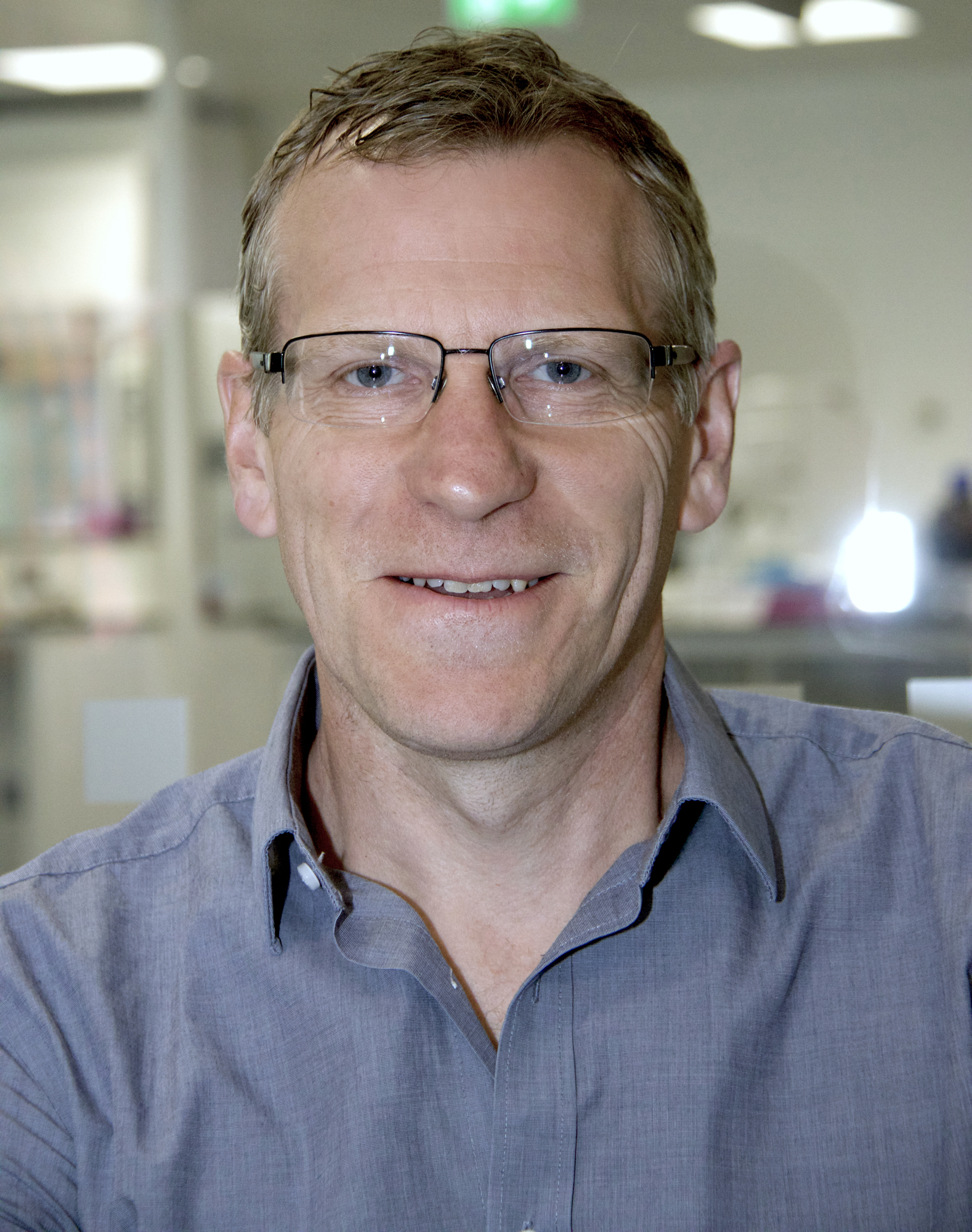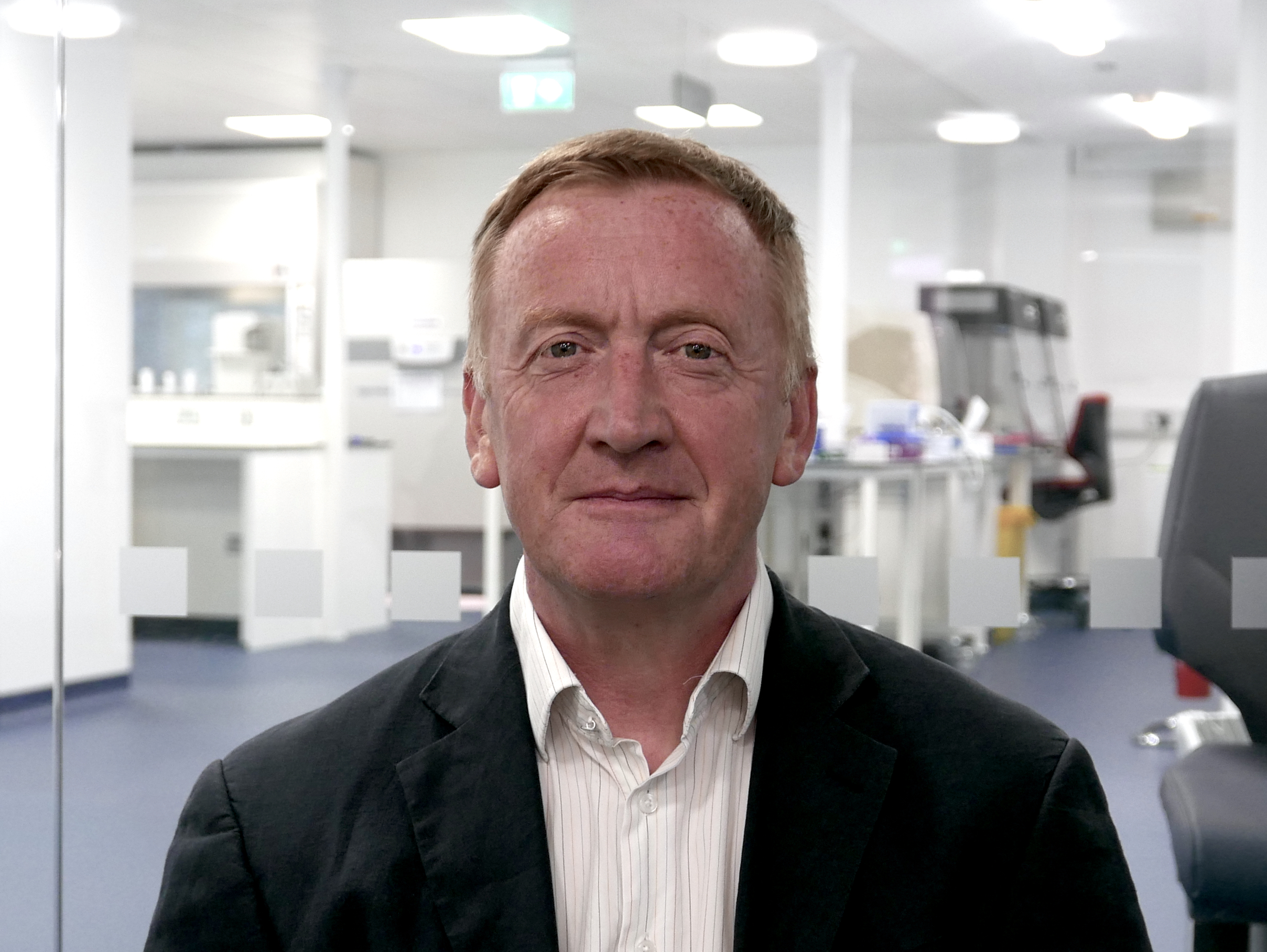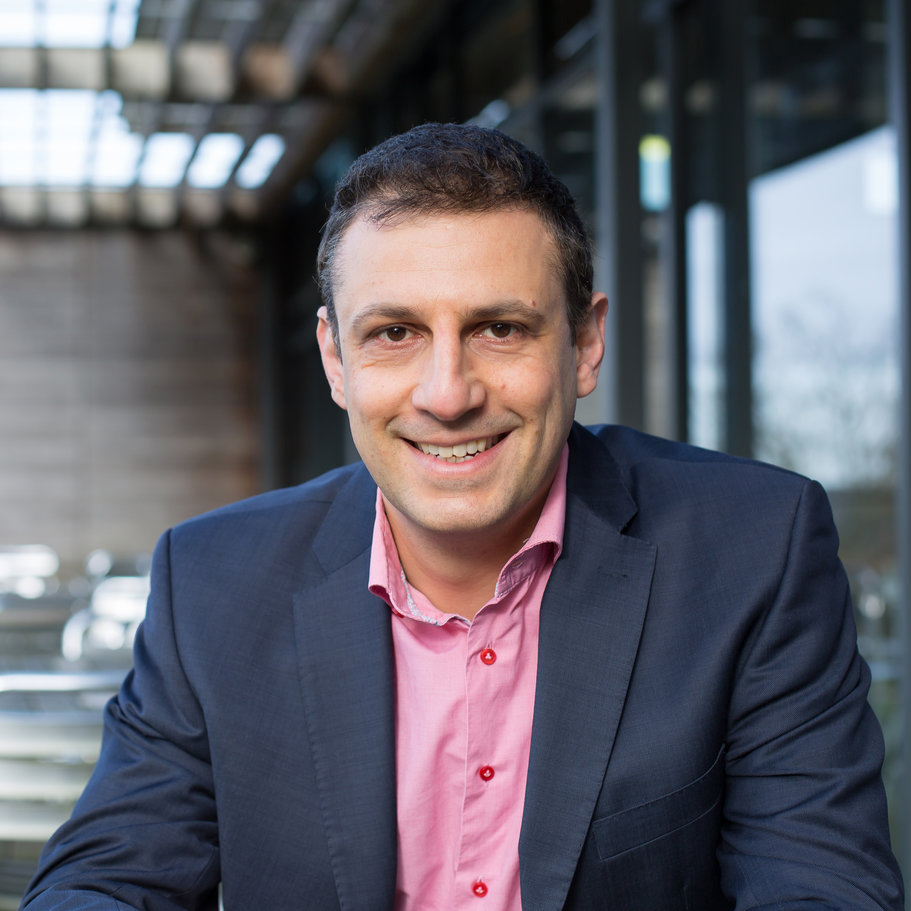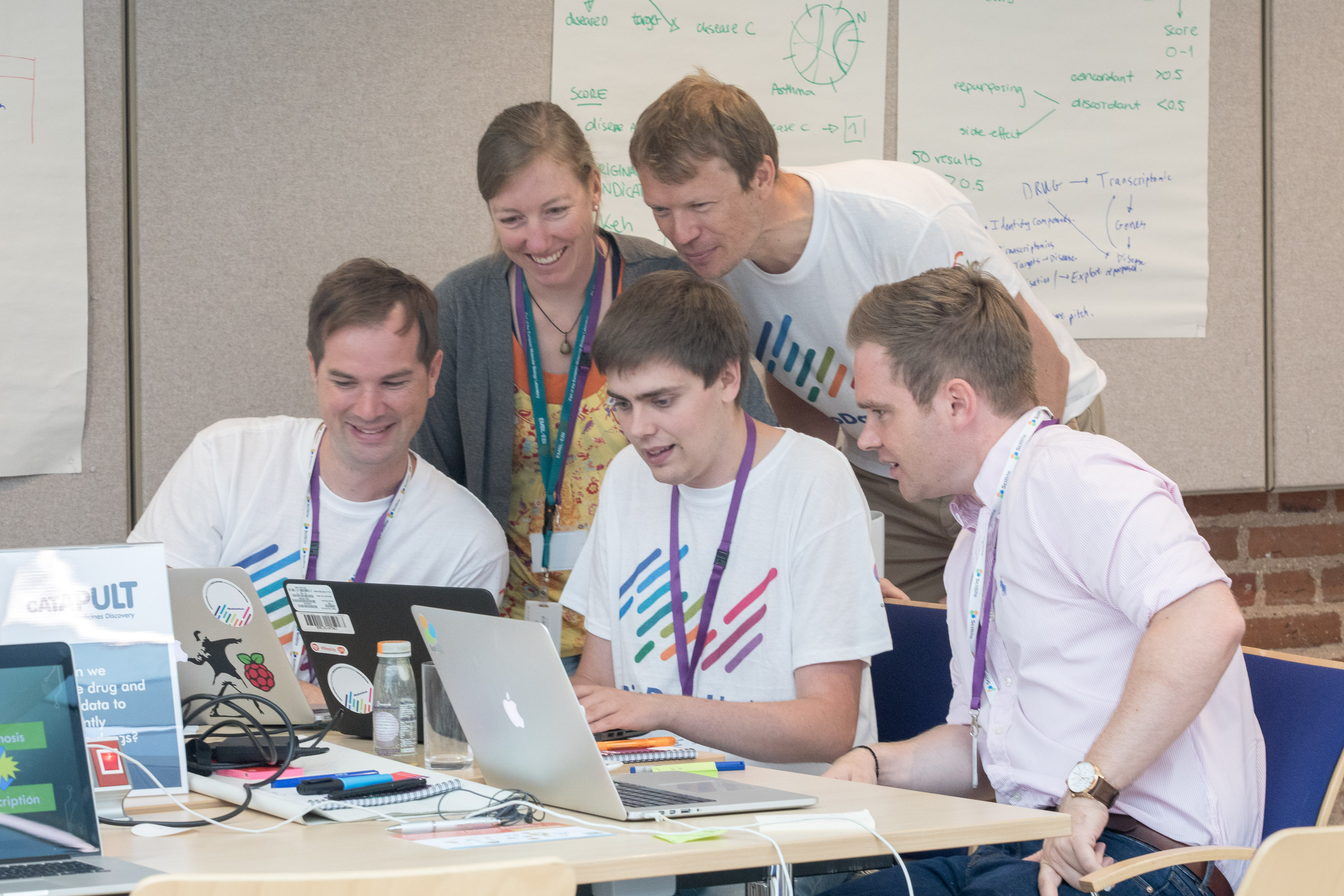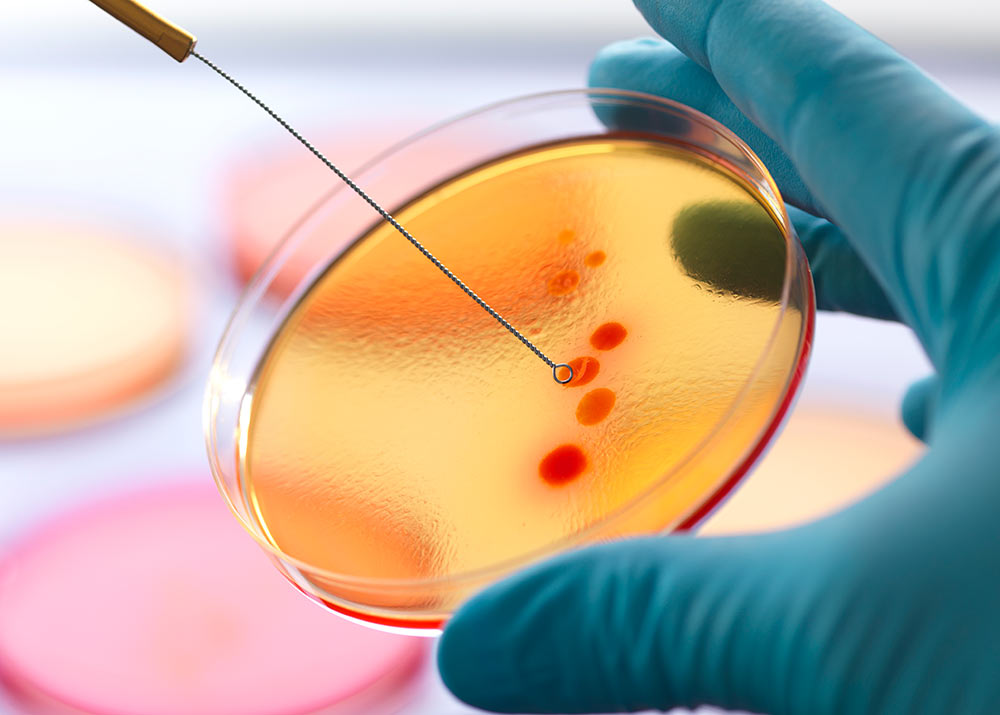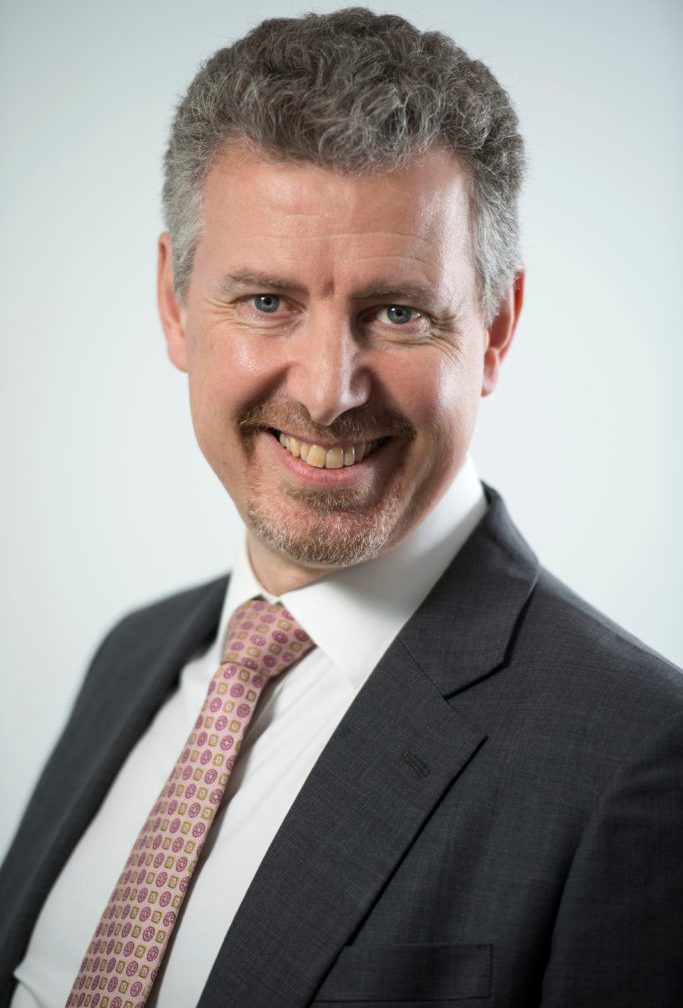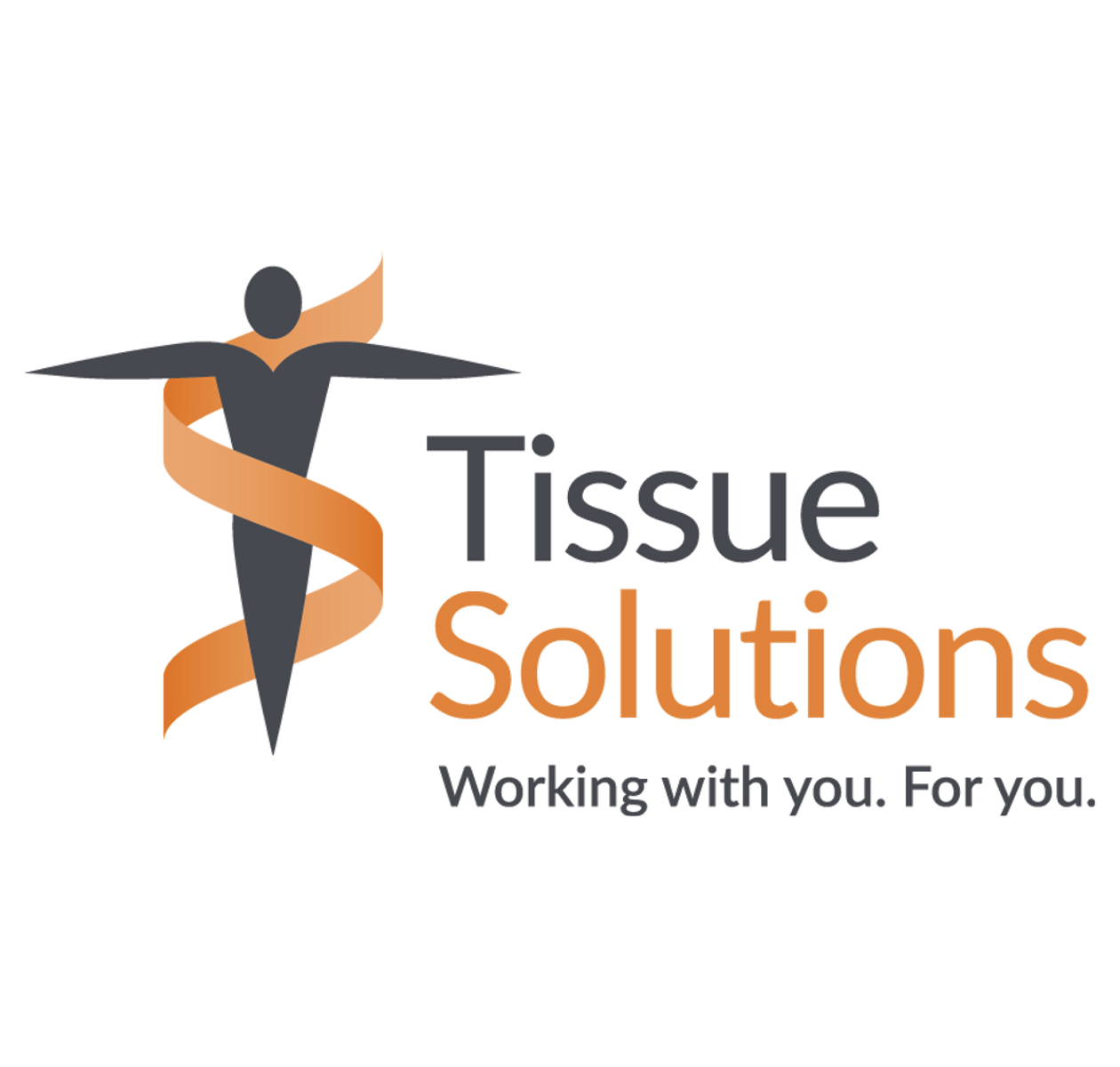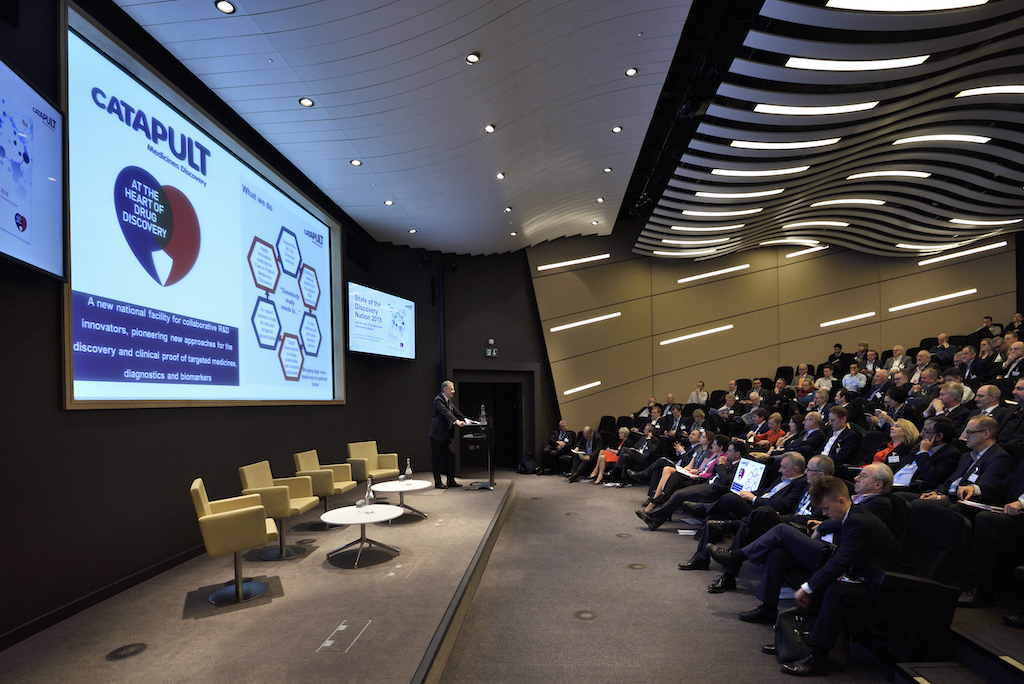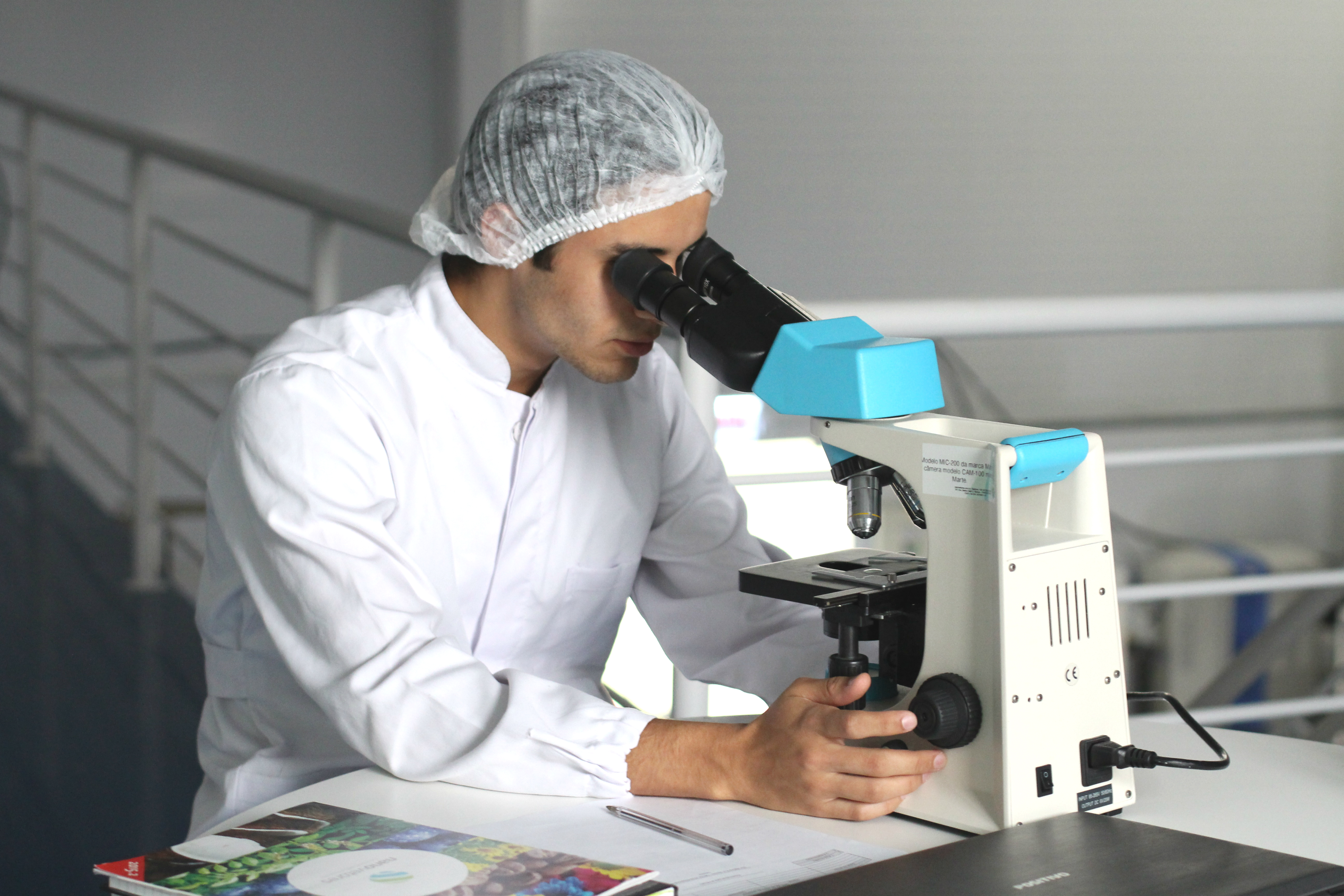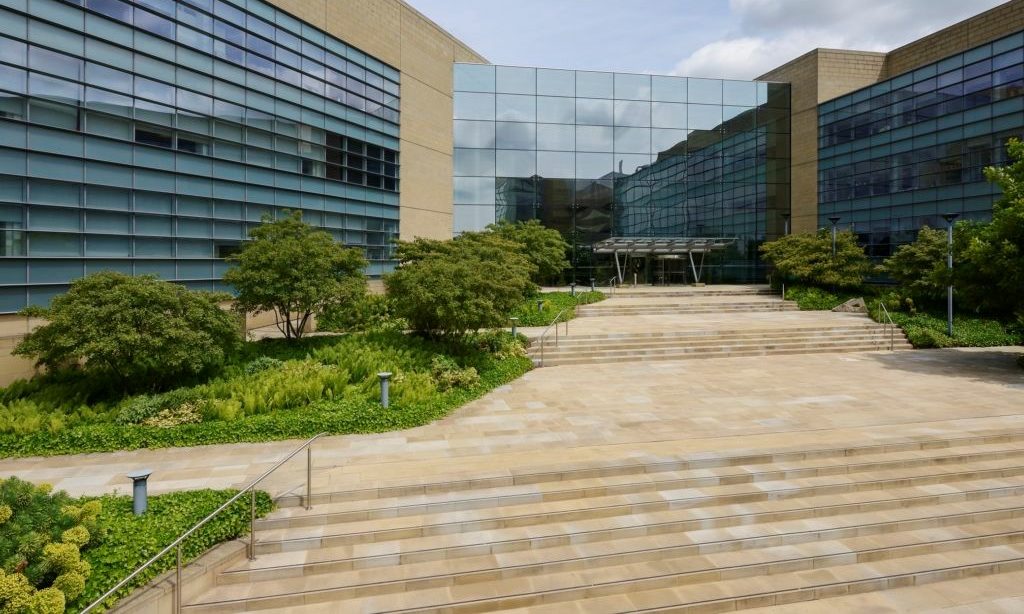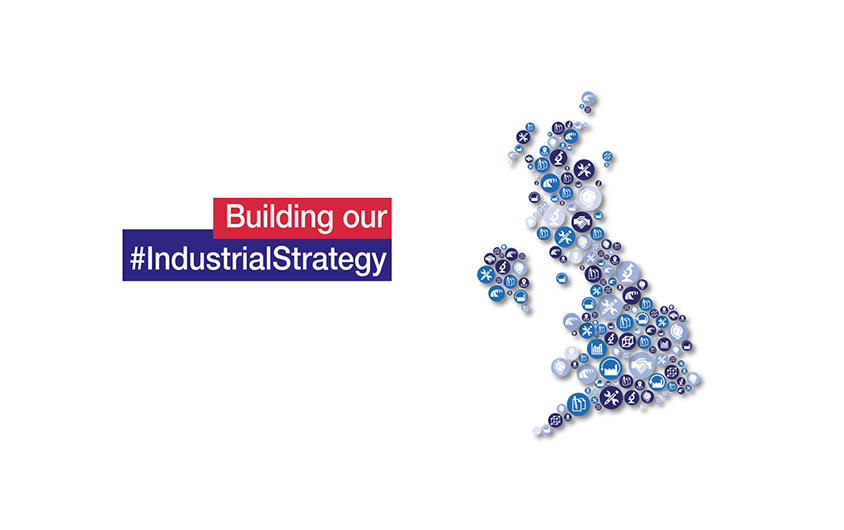11 February 2022 marks the seventh International Day of Women and Girls in Science.
In celebration of the occasion, Medicines Discovery Catapult (MDC) brought together female leaders from the UK life sciences sector to provide MDC’s current cohort of interns with some sound advice and tips on becoming a future drug discovery leader.
Although there is a greater parity between genders in life sciences than in any other STEM sector, with 49% female representation in the global life sciences workforce, pre-pandemic data suggests women currently make up just 10 per cent of company board members and 20 percent of leadership teams.
MDC is proud of its gender diversity, with 53% female representation amongst employees and 50% on its leadership team as at 1 April 2022. Adding to these statistics are the newest interns to join MDC – Heather Bottomley, Katie Gelder and Suzette Lust.
Heather Bottomley joined MDC in August as an Intern in Mass Spectrometry. She’ll shortly be returning to continue her PhD at the University of Exeter, focusing on ‘Hydrogen deuterium exchange mass spectrometry of botulinum neurotoxins’.
Katie Gelder joined MDC in November as an Intern in Ex vivo tissue analysis. She’s studying at the University of Sheffield and her PhD covers the ‘Phase separation of CREB binding protein at the enhancer region of genes.’
Suzie Lust joined MDC in January as an Intern in Cell Model Validation. She’s studying at King’s College London and her PhD will be built around ‘Investigating the interaction between blood flow and vascular cells in aortic aneurysms’.
Industry leaders Prof. Jane Davies, Prof. Helen McCarthy and Dr. Deborah O’Neil shared their experiences and tips for entering, working and achieving success within the sector to the MDC interns and any other women starting or considering a career in science.
Prof. Jane Davies, Professor of Paediatric Respirology and Experimental Medicine at Imperial College, and Clinical Consultant in Paediatric Respiratory Medicine at the Royal Brompton Hospital
“You can’t always create your opportunities, but you can decide what you do with them, and I would really encourage people to grab every opportunity you can, even if you feel it’s outside your comfort zone.
“My advice would be to seek out lots of different opinions and people across a range of science related backgrounds. That could either be through university or on social media networks. People are often happy to talk to you about their experiences or about their roles and opportunities, so you can get a good feel for what’s out there.
“Once you begin to establish yourself in a field, you should continue to seek out mentors and people who will encourage you and pull you up rather than try to put you down.
“And once you’re beginning to get there don’t just keep looking up. Think about the people around you and the people who are more junior to you and see what you can do to elevate them as well, because that is really to everybody’s benefit.”
Prof. Helen McCarthy is CEO of pHion Therapeutics and Chair of Nanomedicine, School of Pharmacy, Queen’s University Belfast
“If we want to solve some of our greatest problems in the future, we need people that are problem solvers and think outside the box in the sector. It doesn’t matter what gender you are; that shouldn’t be the issue, it’s about the quality of the work that you do.
“You should aim to be constantly outside your comfort zone. Never settle for a ‘that’ll do’ attitude’ and constantly ask ‘how can you make this better? Or what more can I do?’
“You’re not going to be able to hold on to all the science the way you did during your PhD or even some of your post-docs. True progress comes from collaboration, and I think that’s very important.”
Dr. Deborah O Neil is Chief Executive Officer and Founder of Novabiotics
“I actually exist in a very female dominated world, and I would say there’s gender imbalance in the other direction. But there’s still a problem, and it’s the pyramid effect of the glass ceiling; there aren’t enough of the incredibly talented female scientists coming through into senior roles.
“Women are incredibly strong, and I would suggest dominate in the biological and biomedical sciences of STEM.
“When I was at school, I was told by the chemistry teacher that I shouldn’t be doing three sciences because it wasn’t the ‘done thing’. That was really shocking to me early on, and there were only two girls in my year that did all three sciences. I went to the head of the year and said “really?” flagging it as an issue.
“My biggest learning experience is that drug discovery takes longer and costs more than you think, but enjoy the journey. And take the positives from that and you will develop so much more as a person and professionally, as well as getting so much more along the way than you ever imagined. I think that’s true to some degree in any scientific career.
“I would say, just go for it. There’s a bewilderingly array of opportunities, not just research science. We are always going to need better treatments, devices and diagnostics, and I think it’s a great world to be in for career security and options as well as diverse flexibility.”


